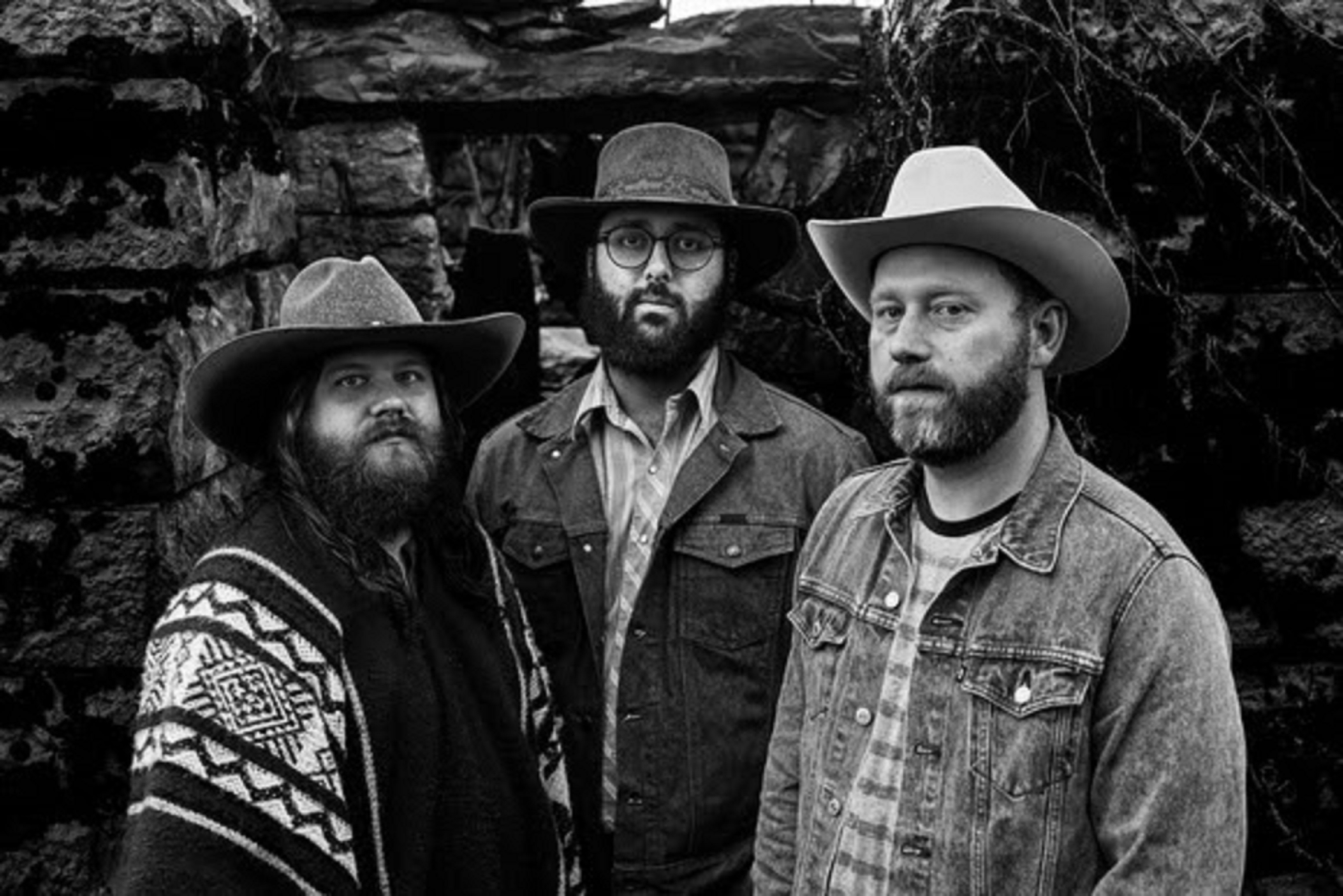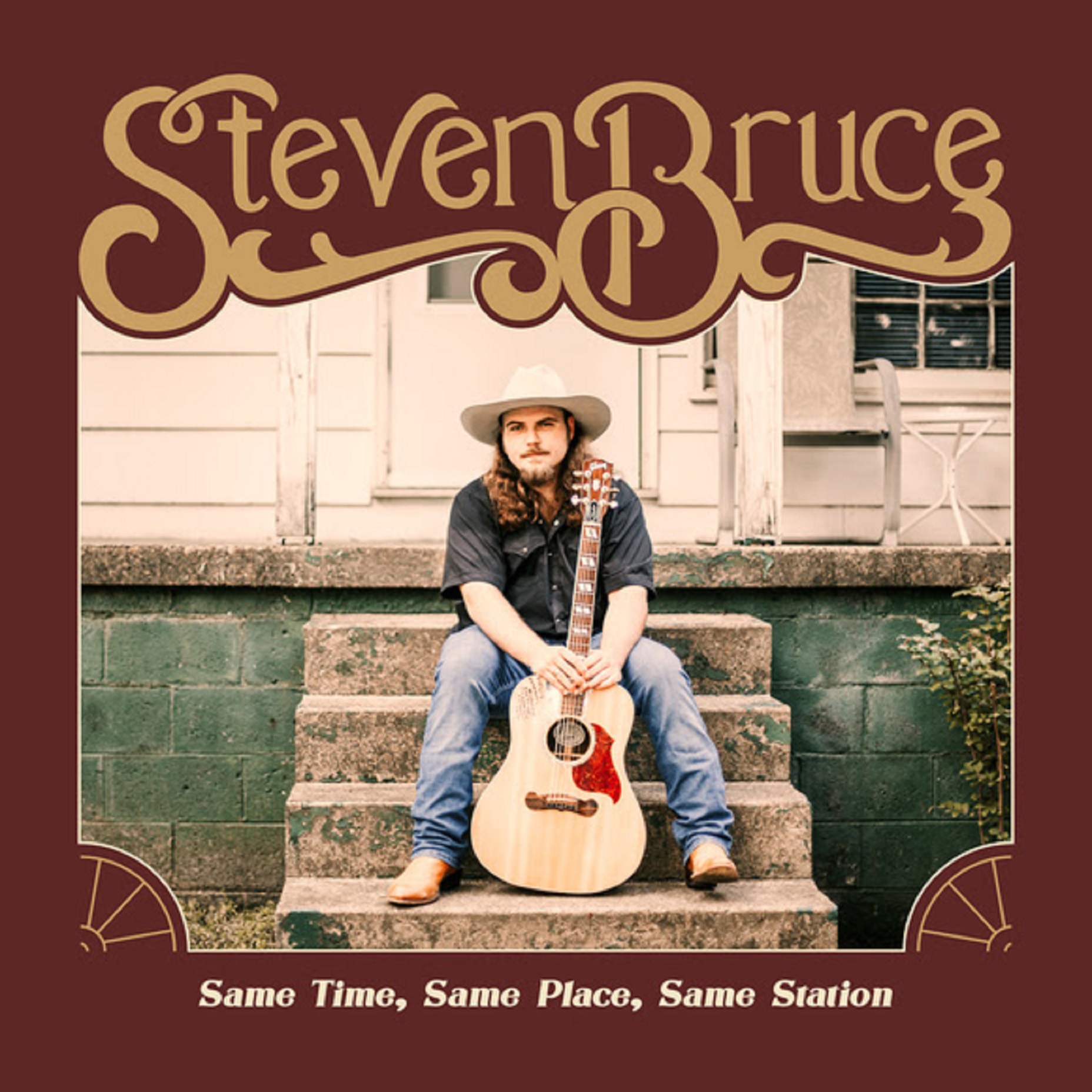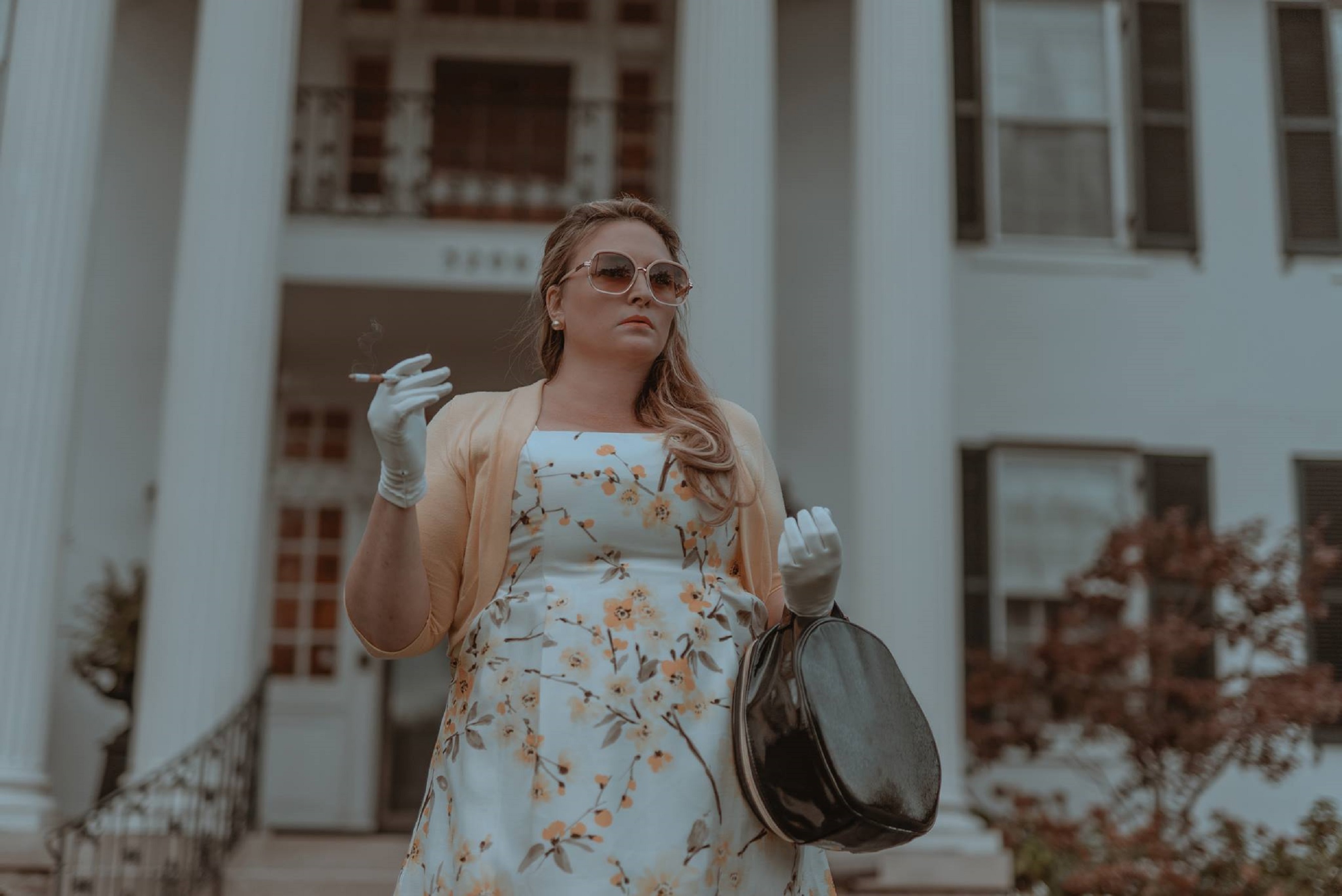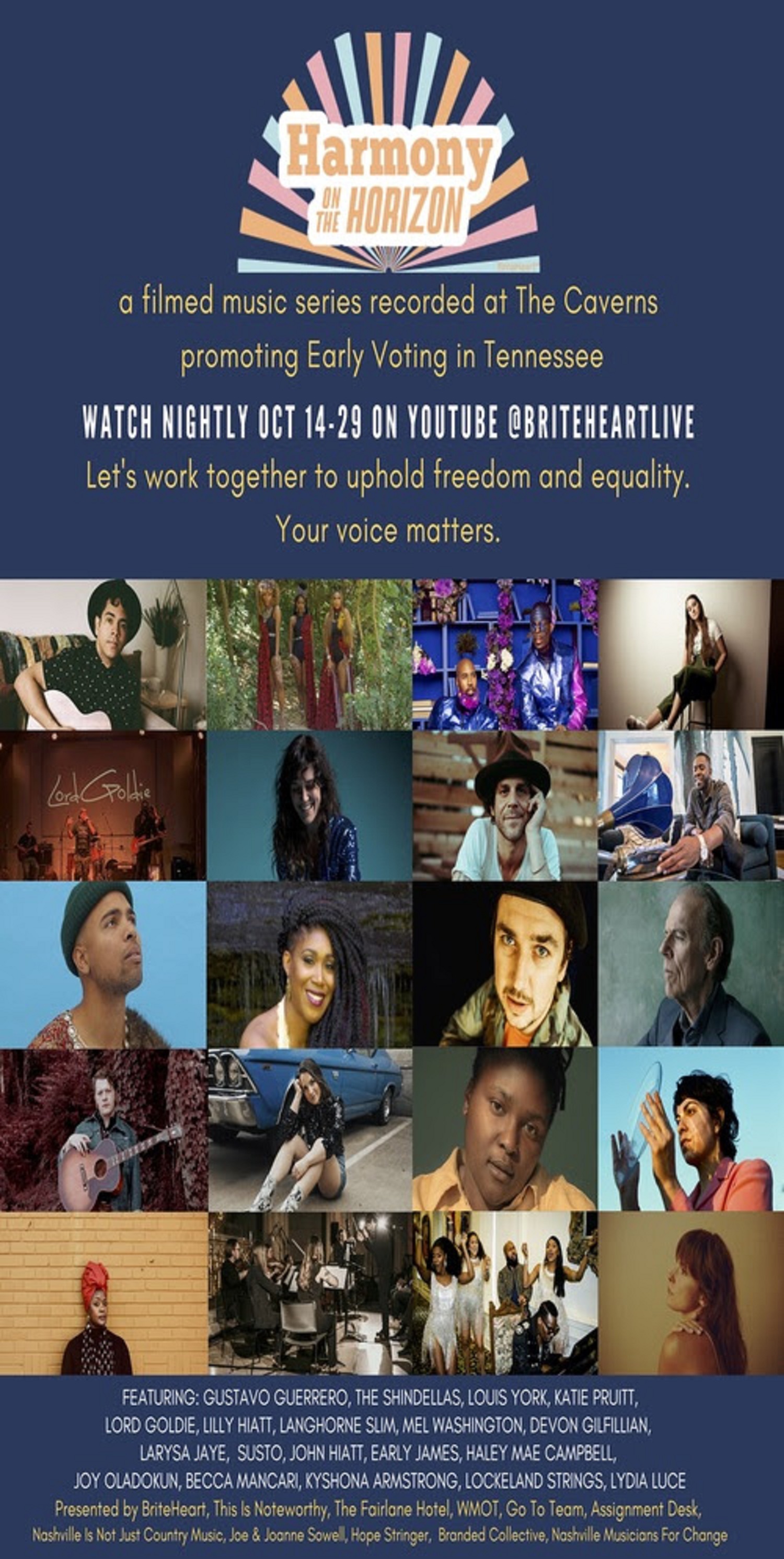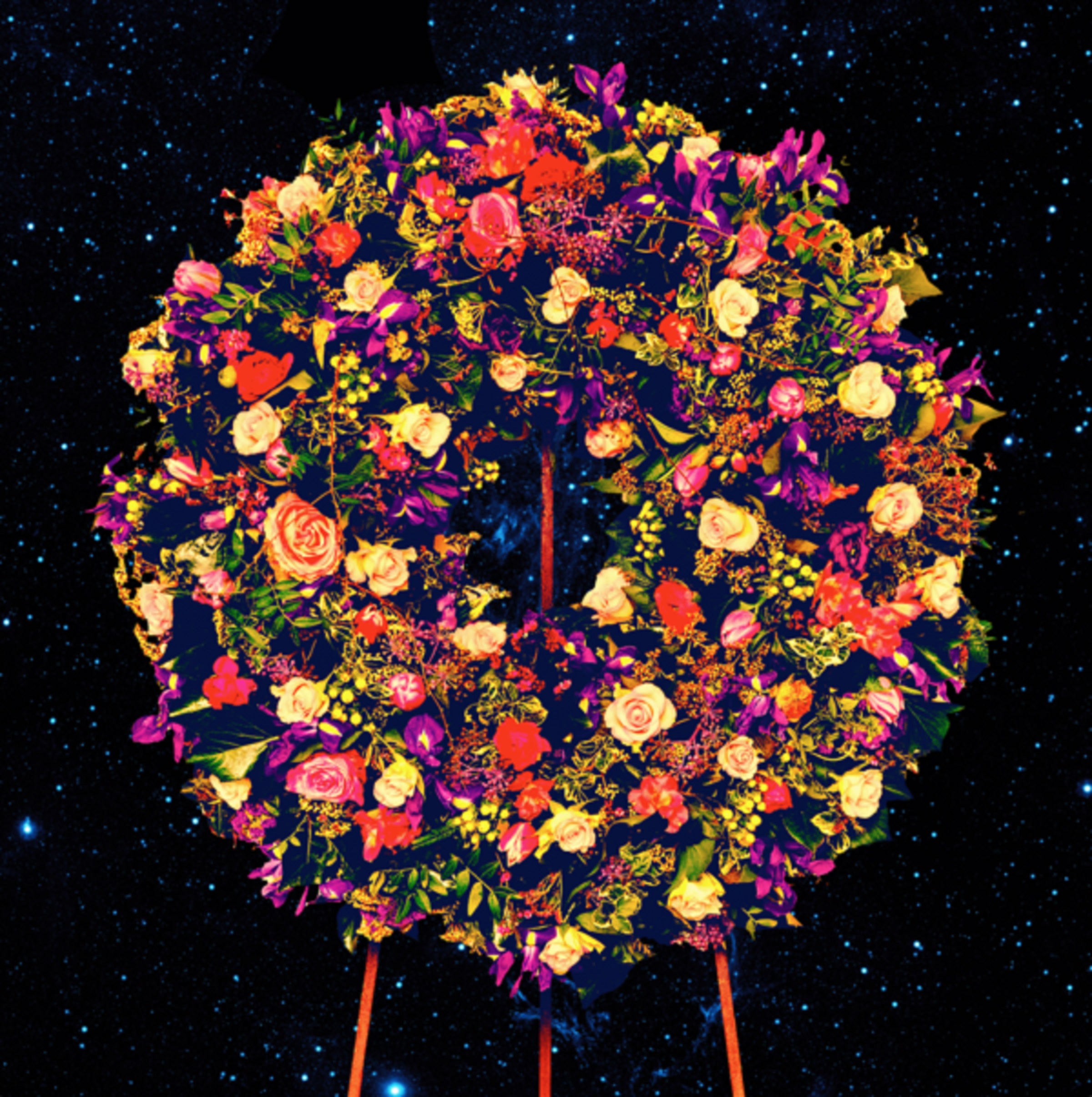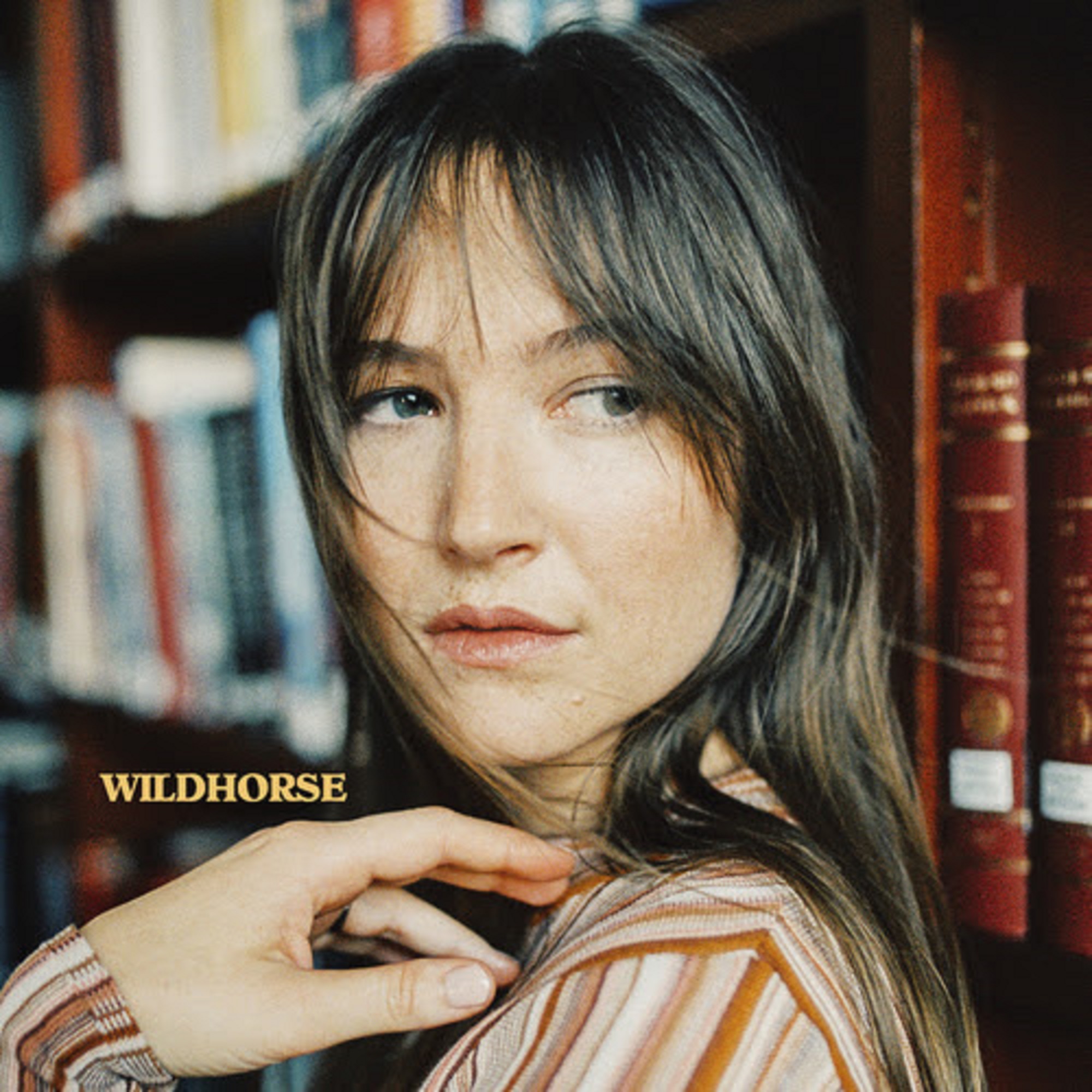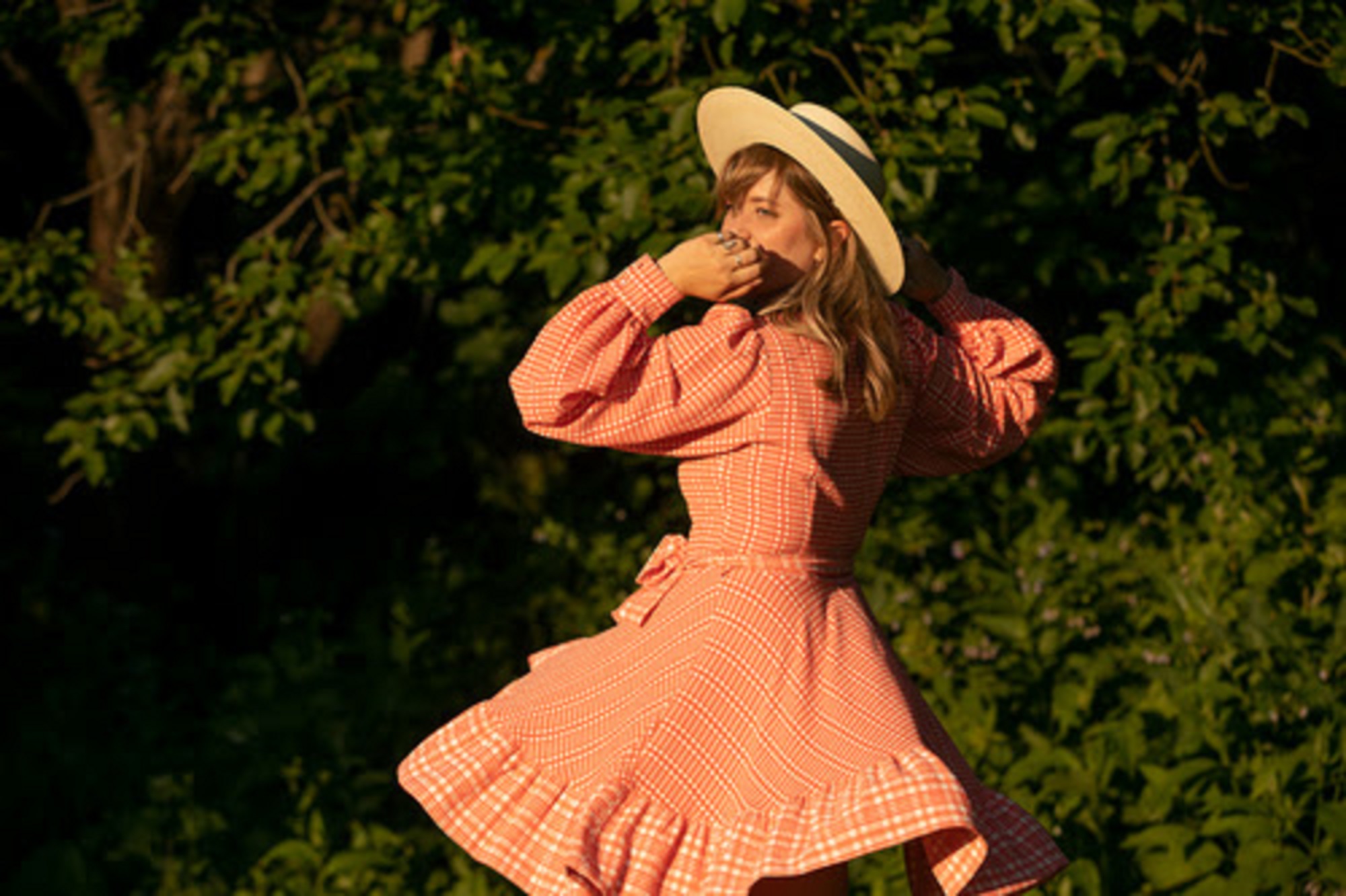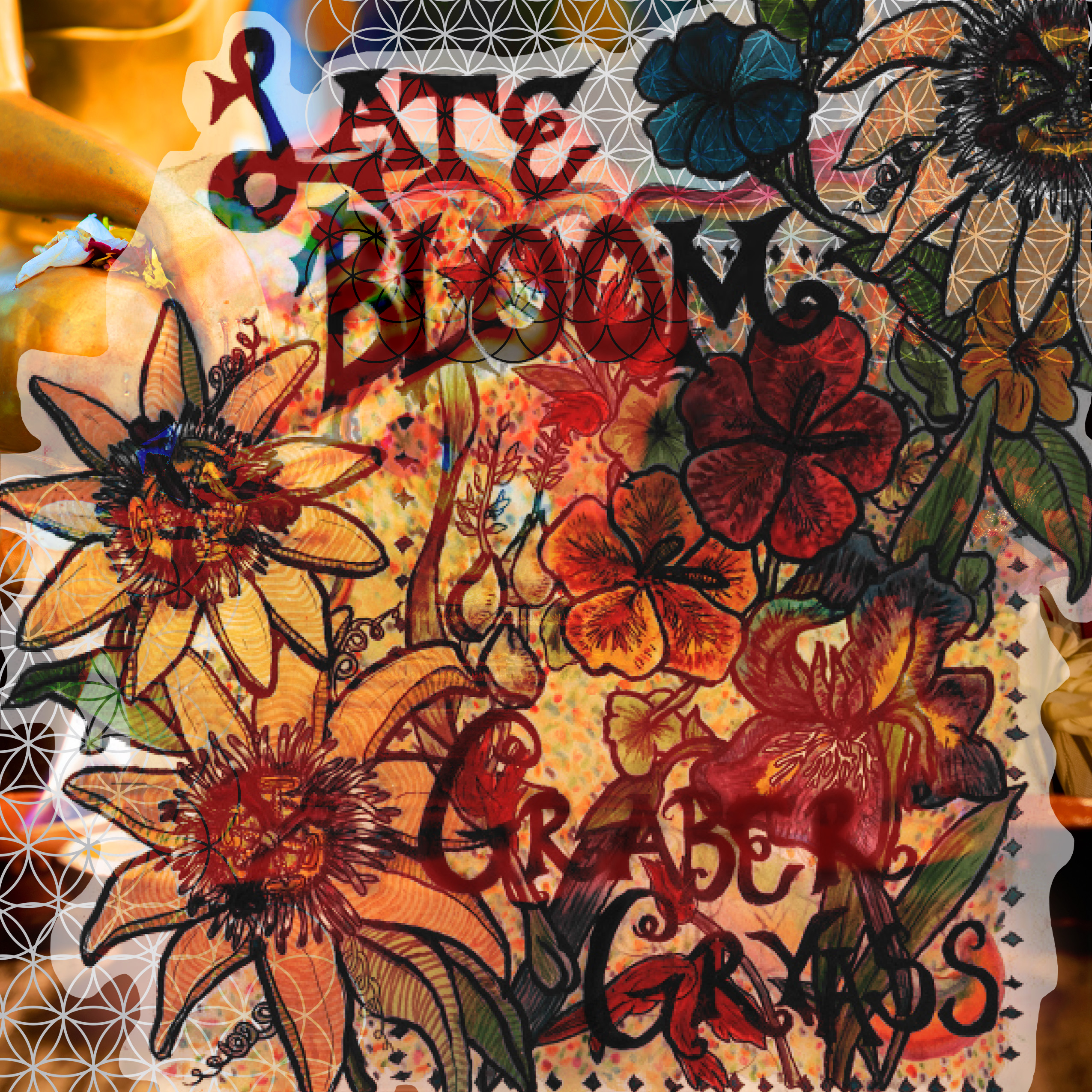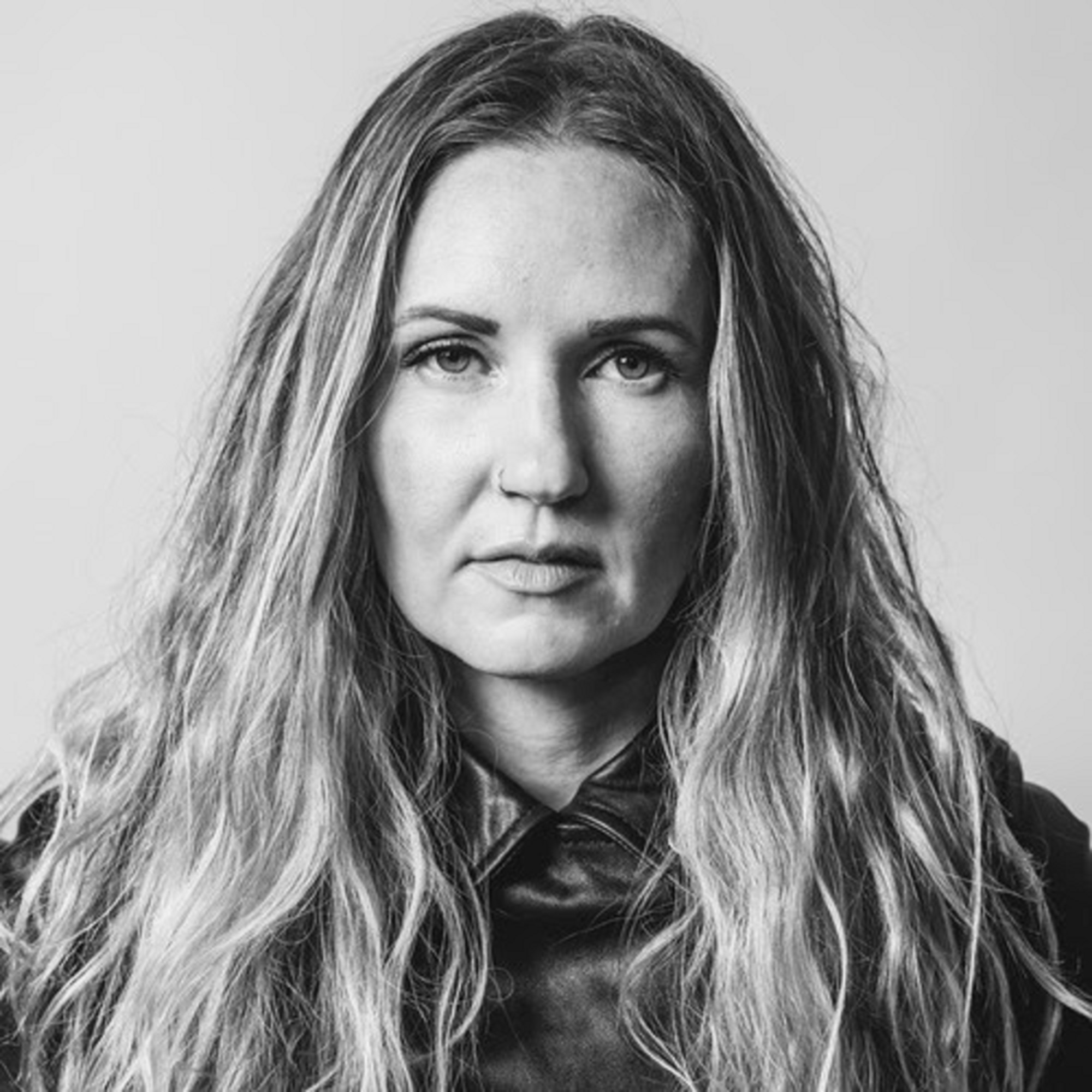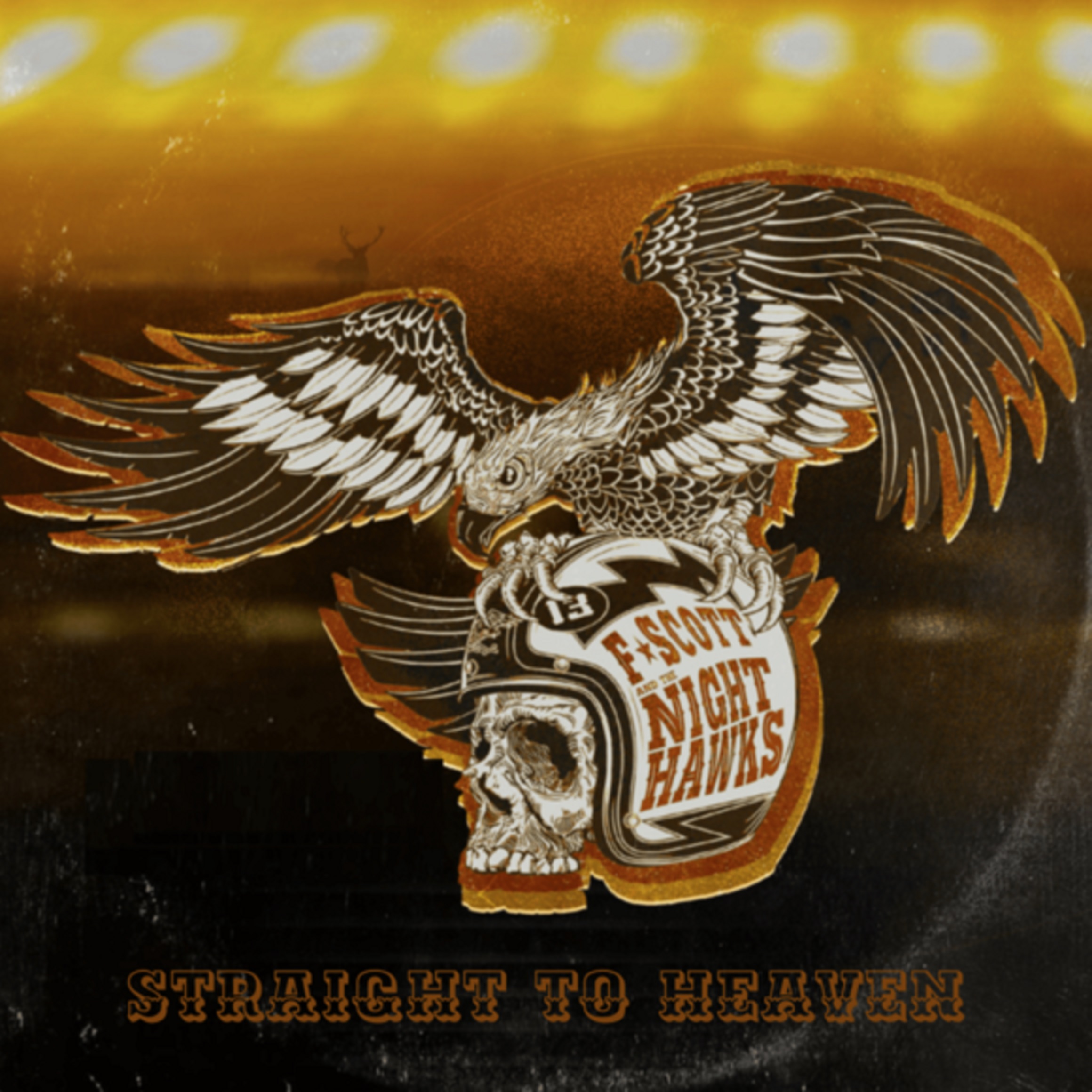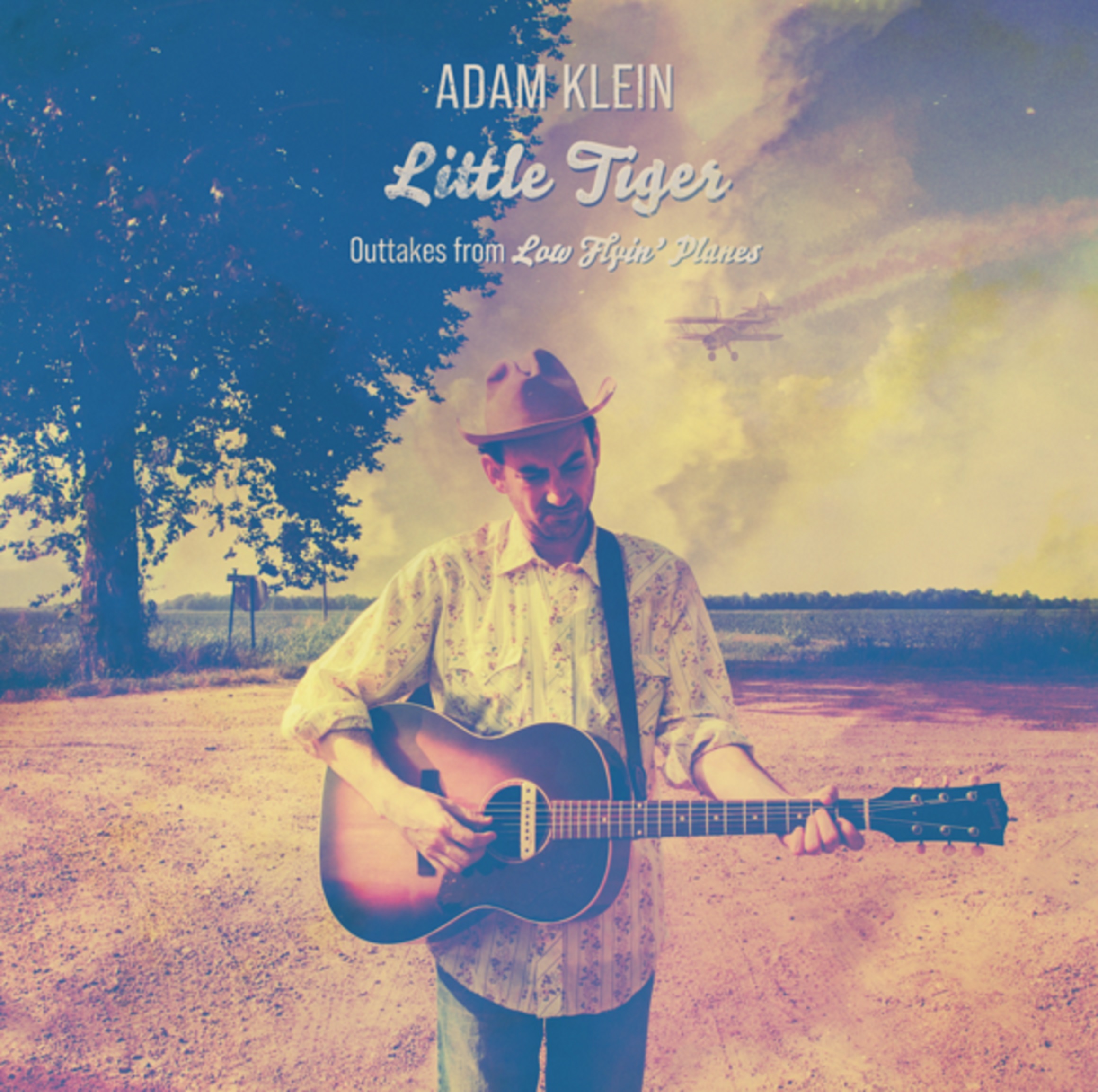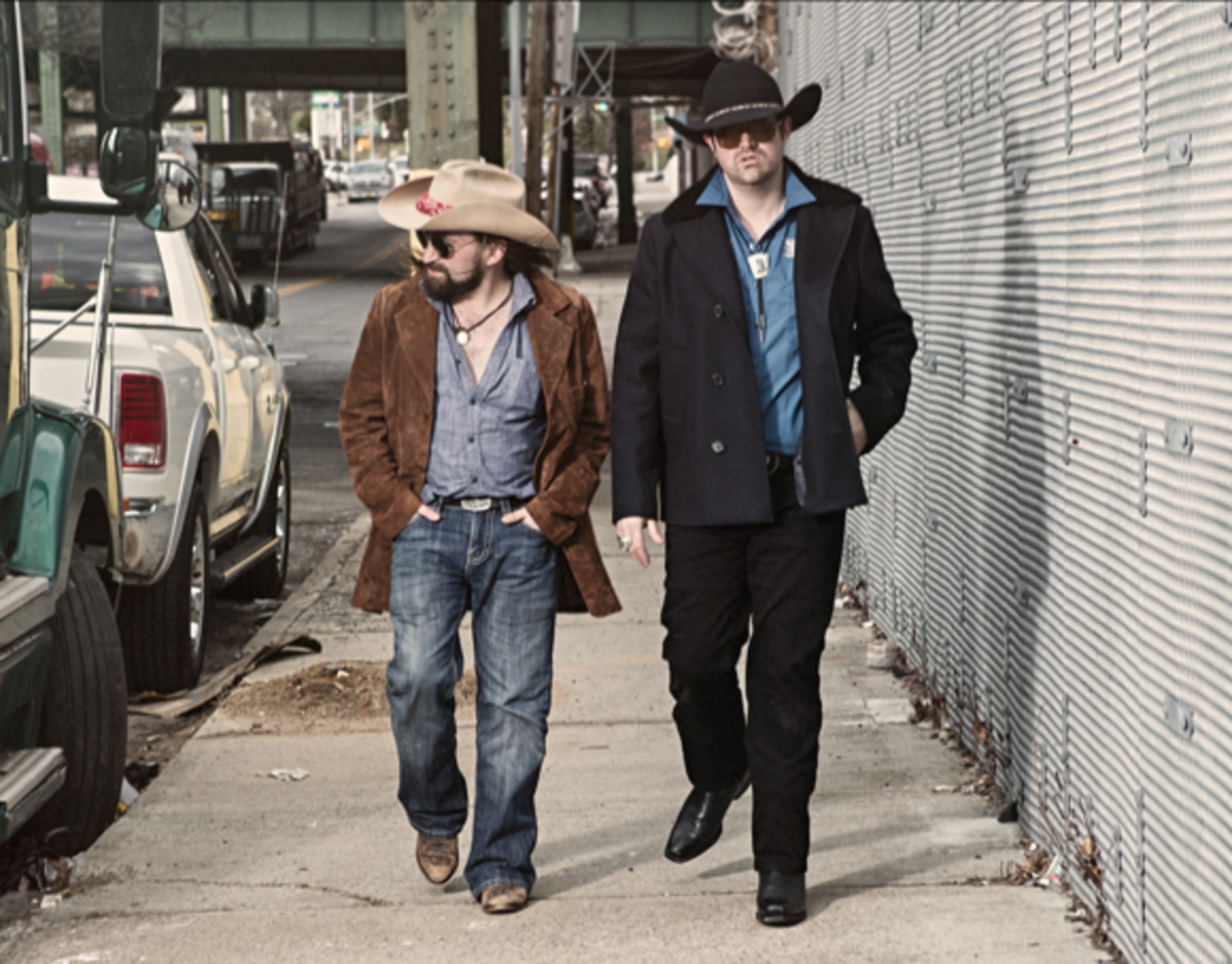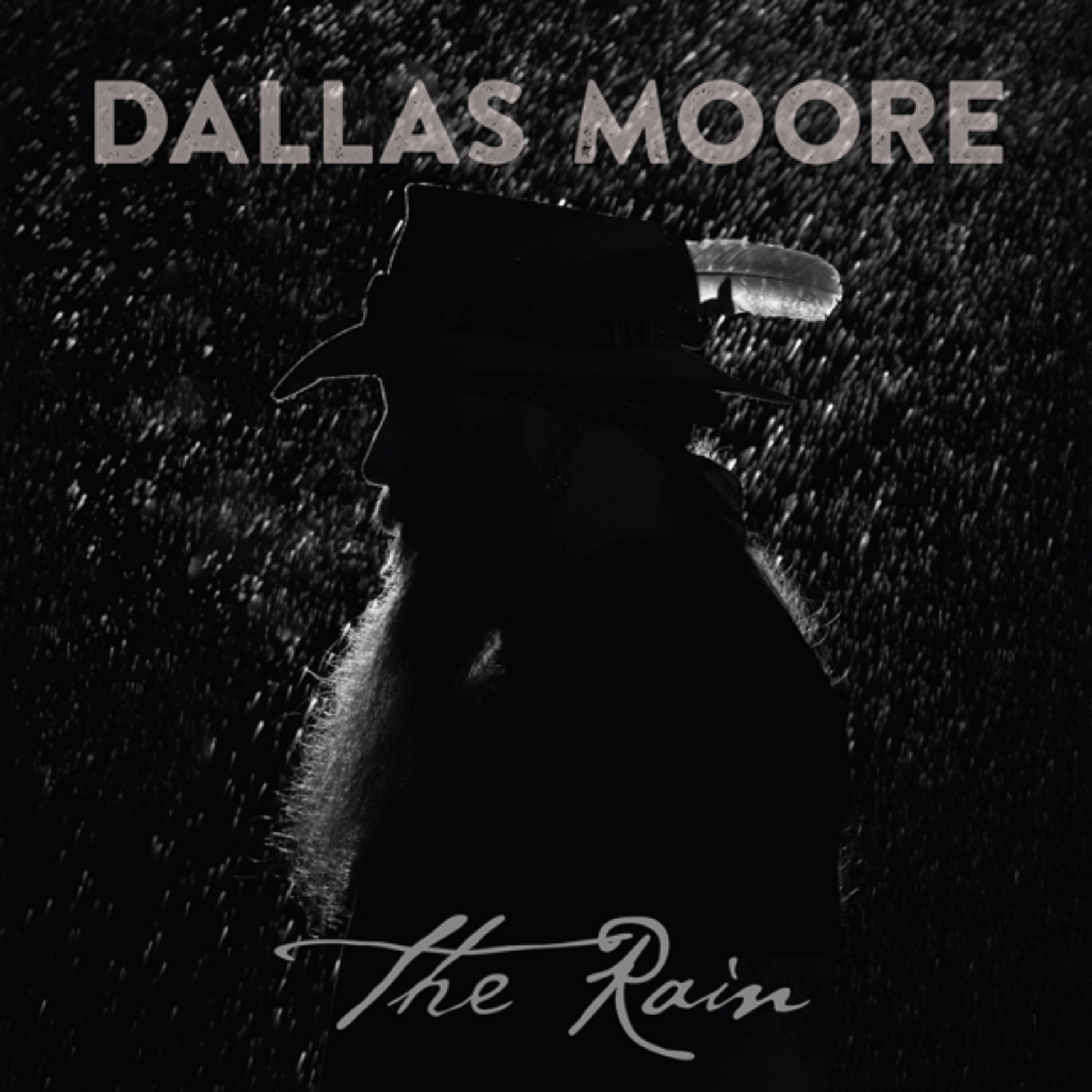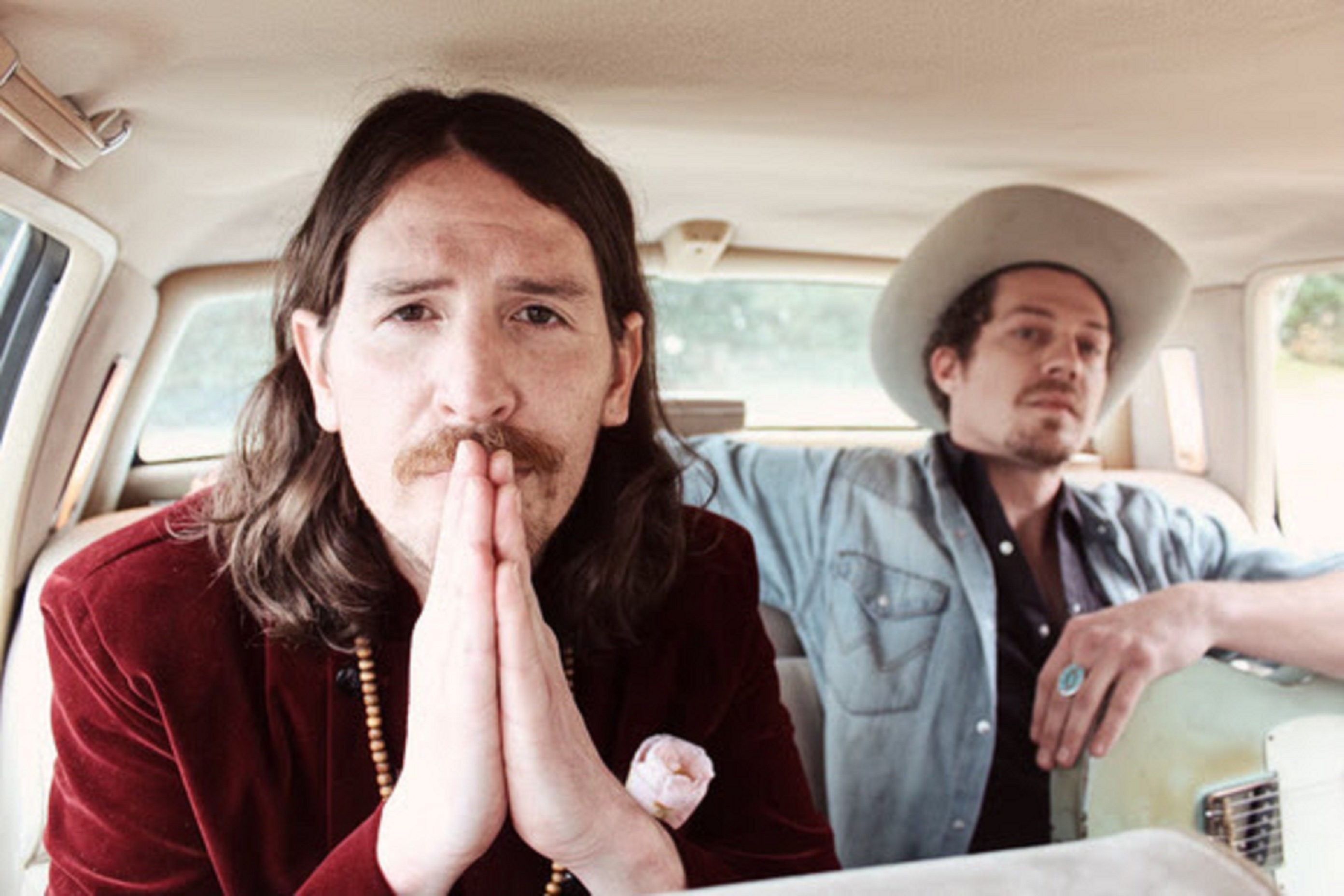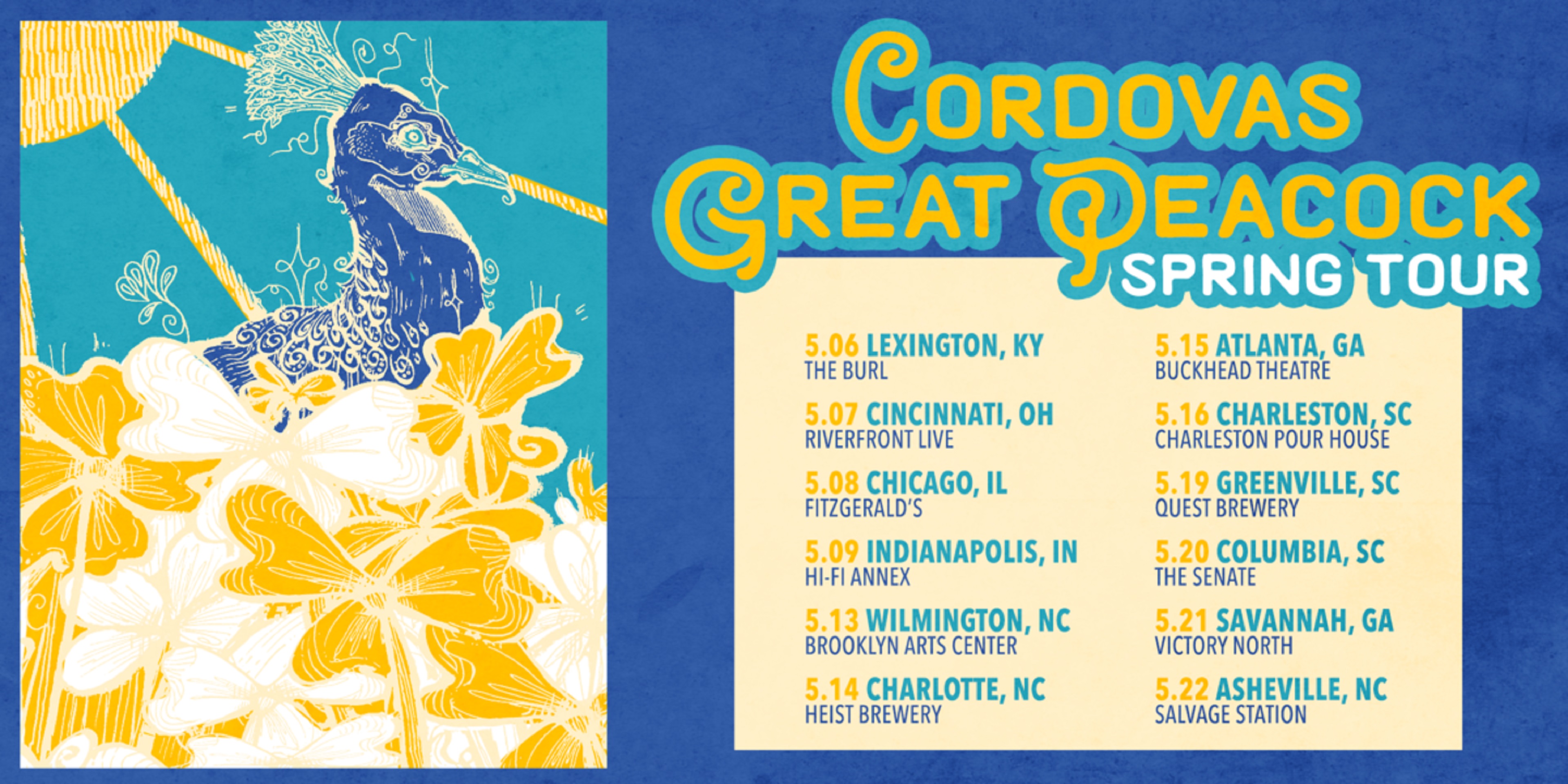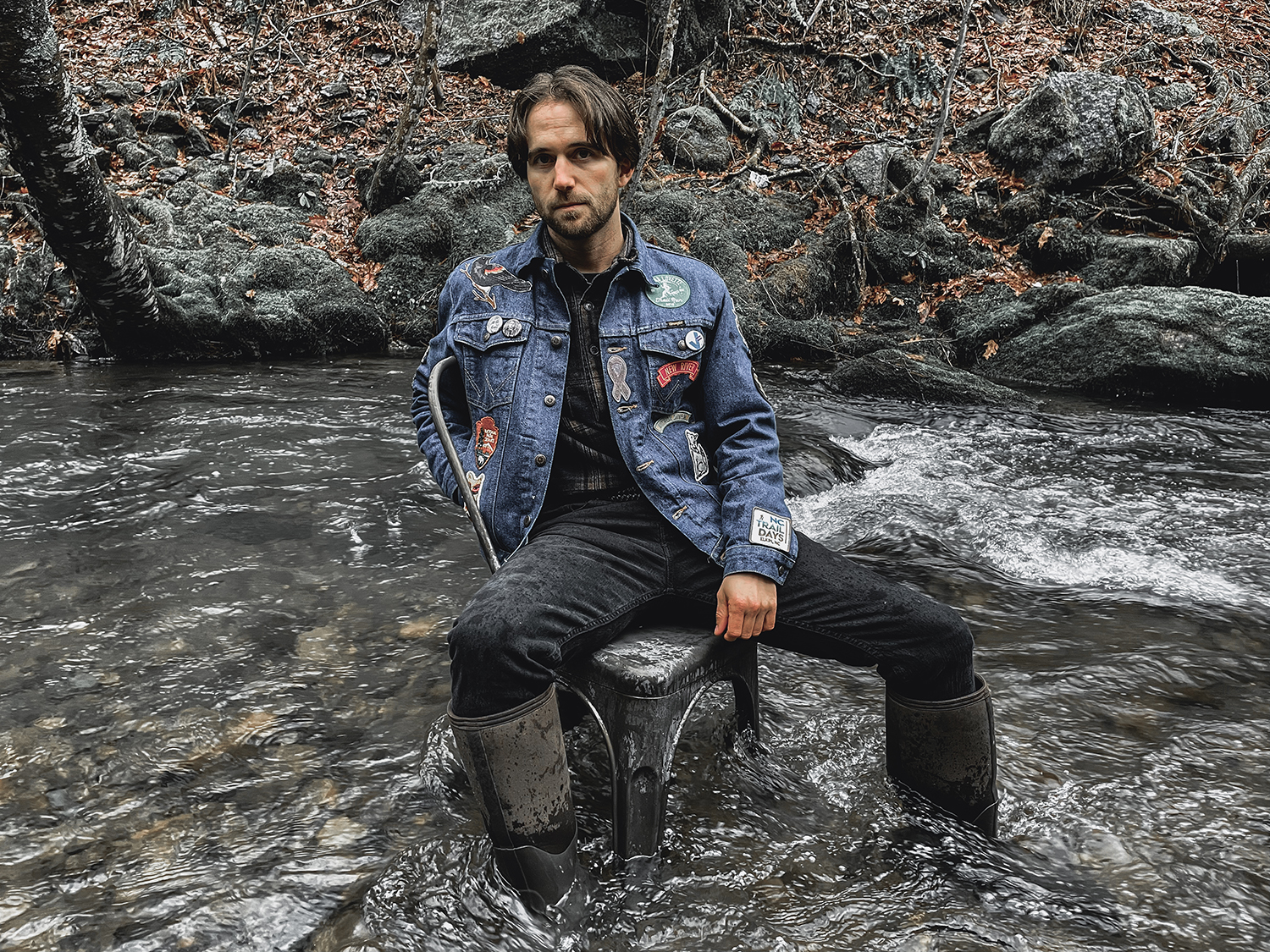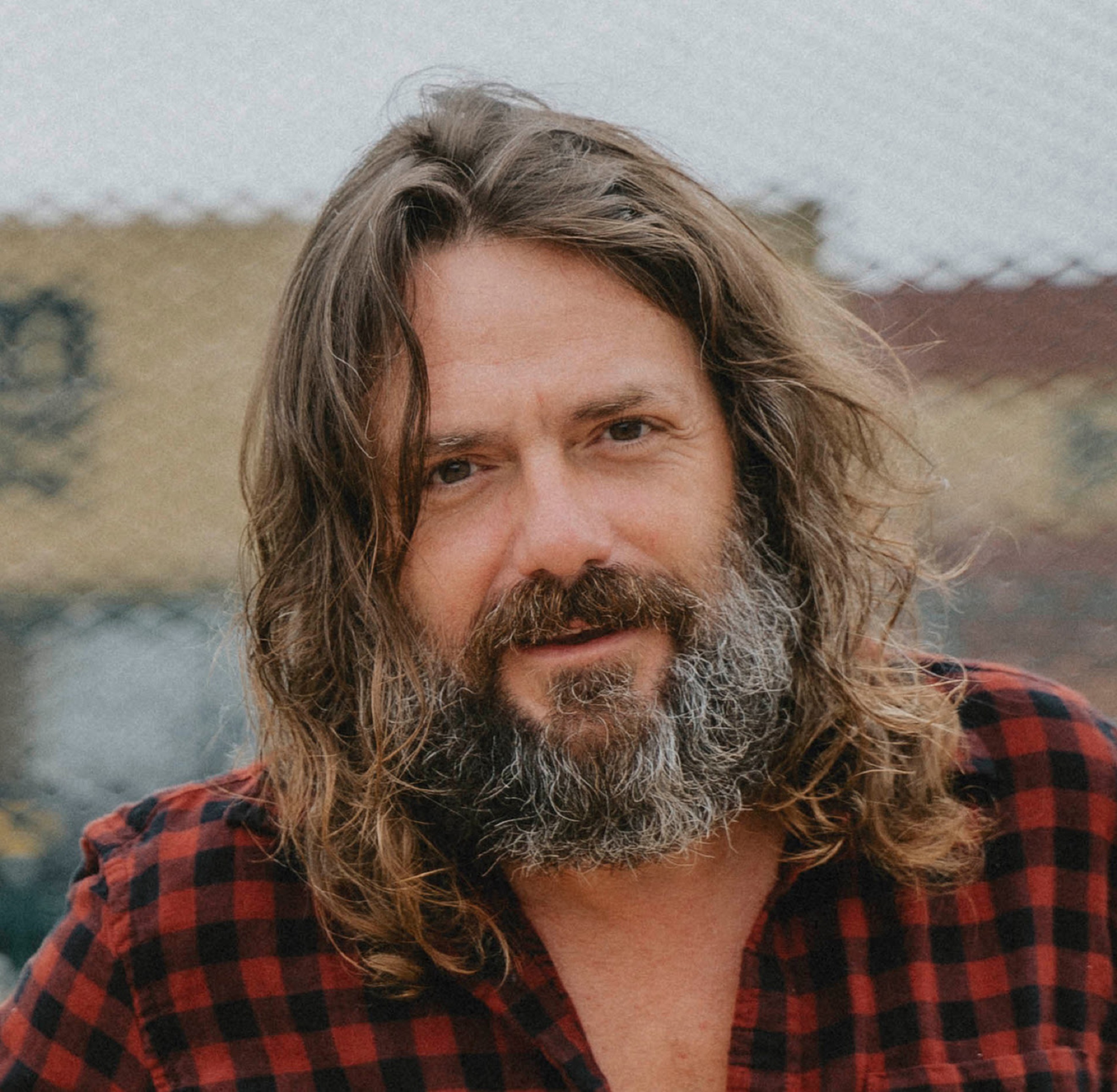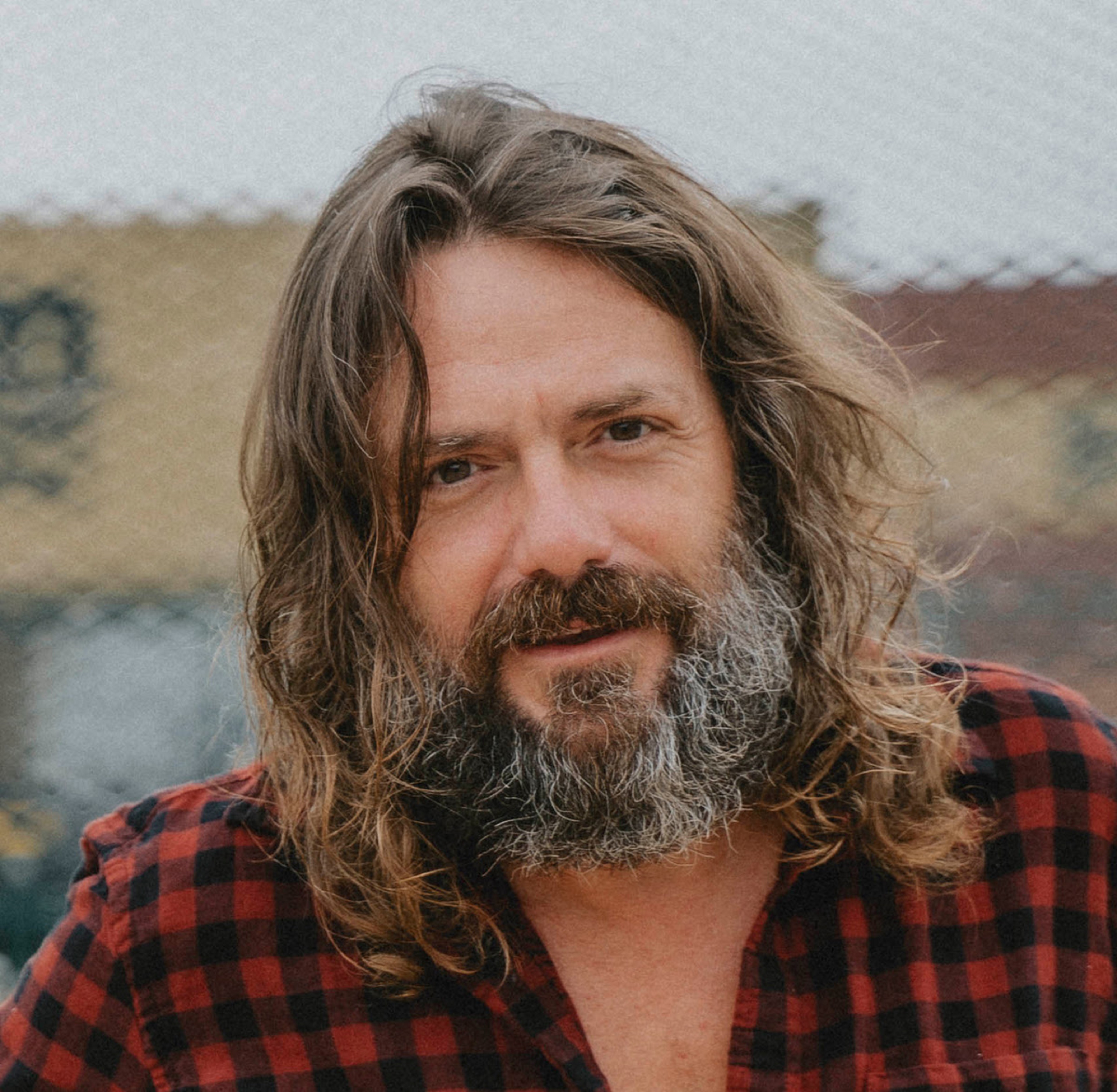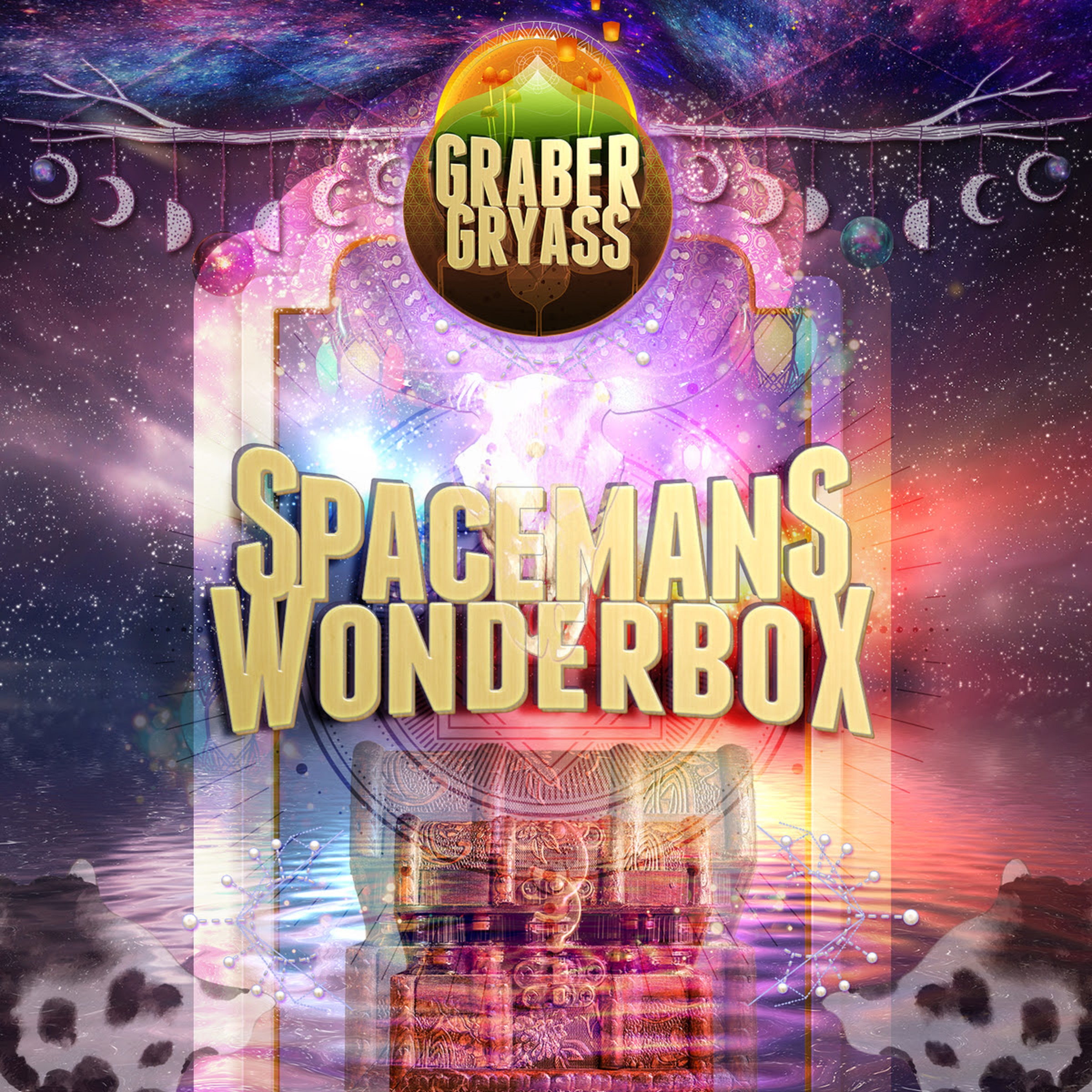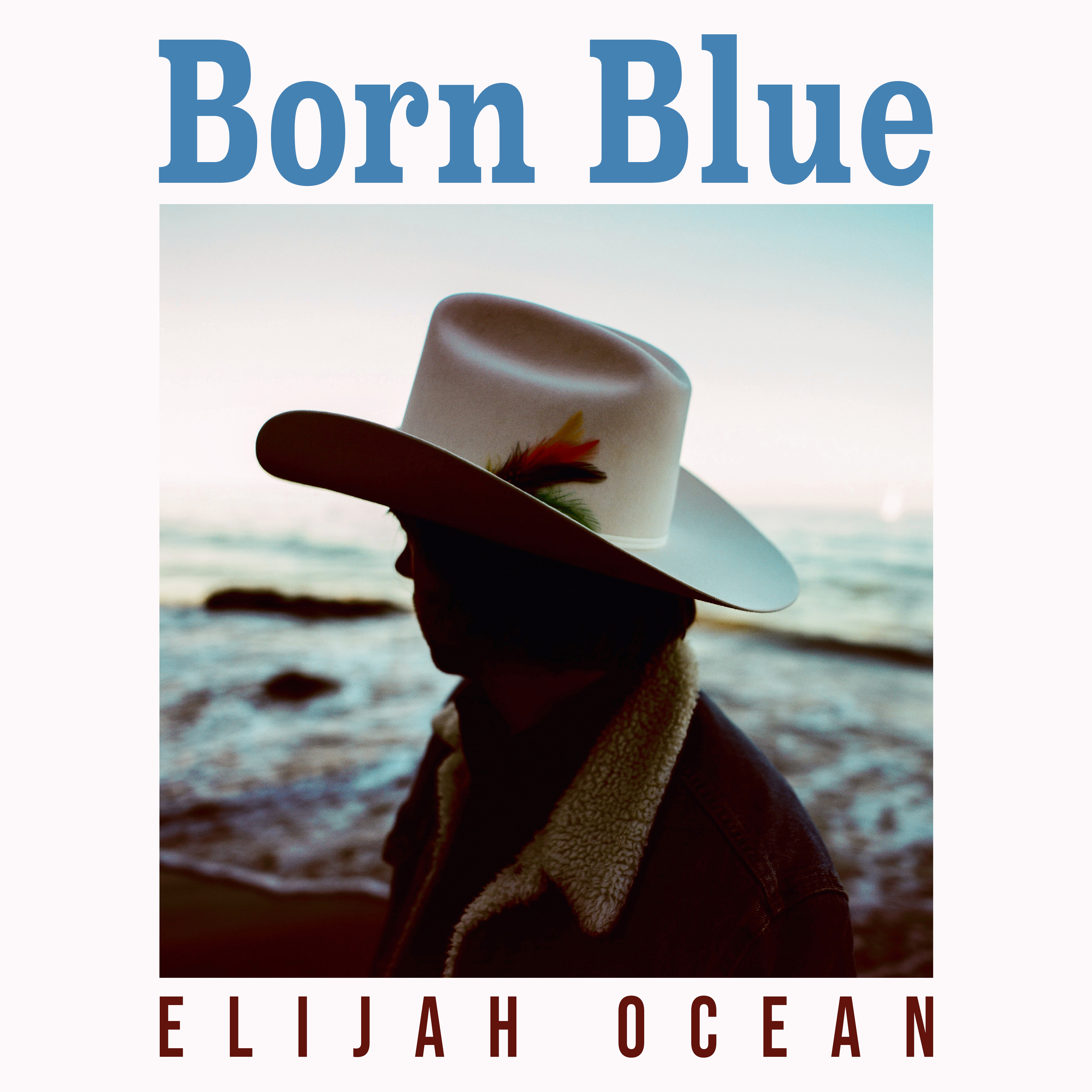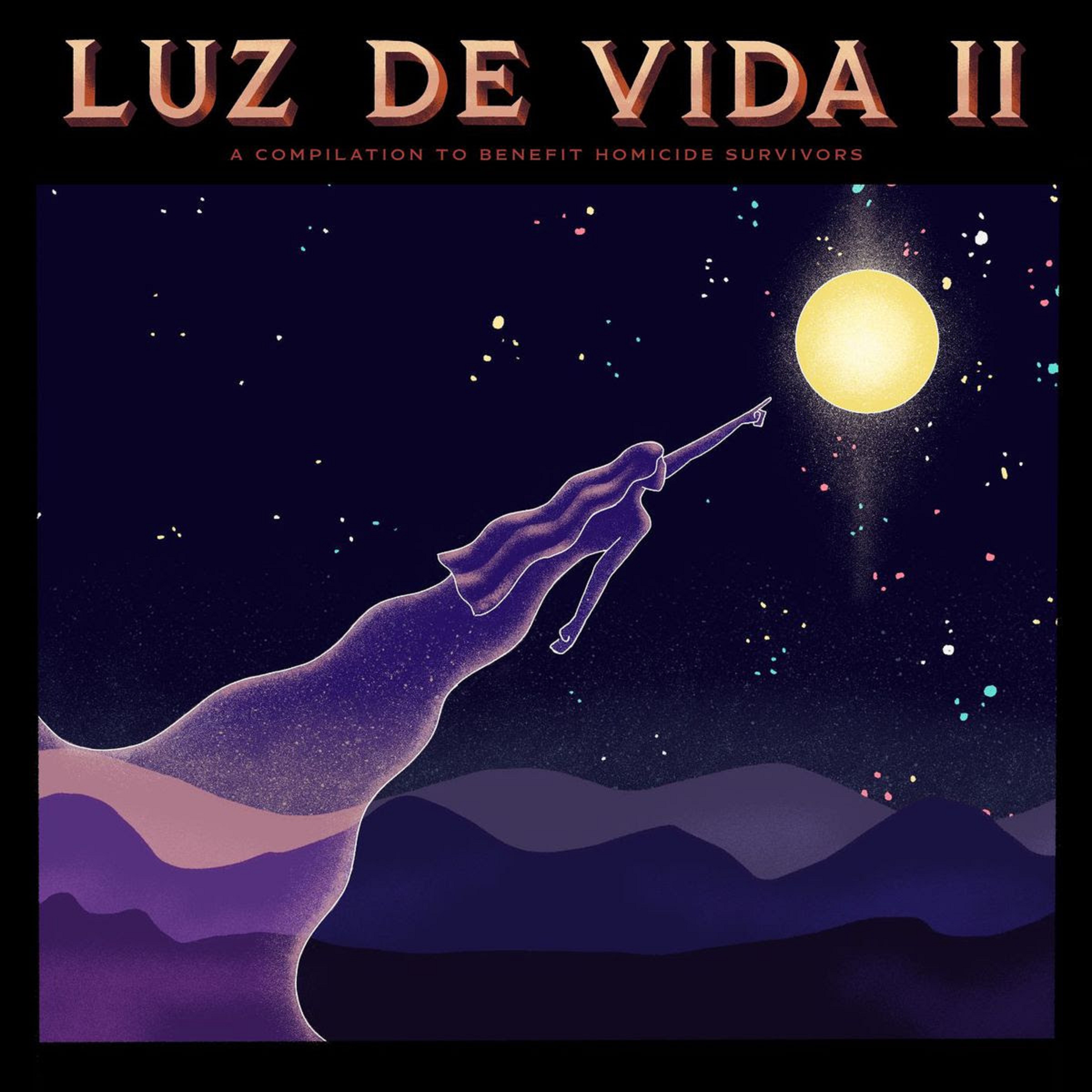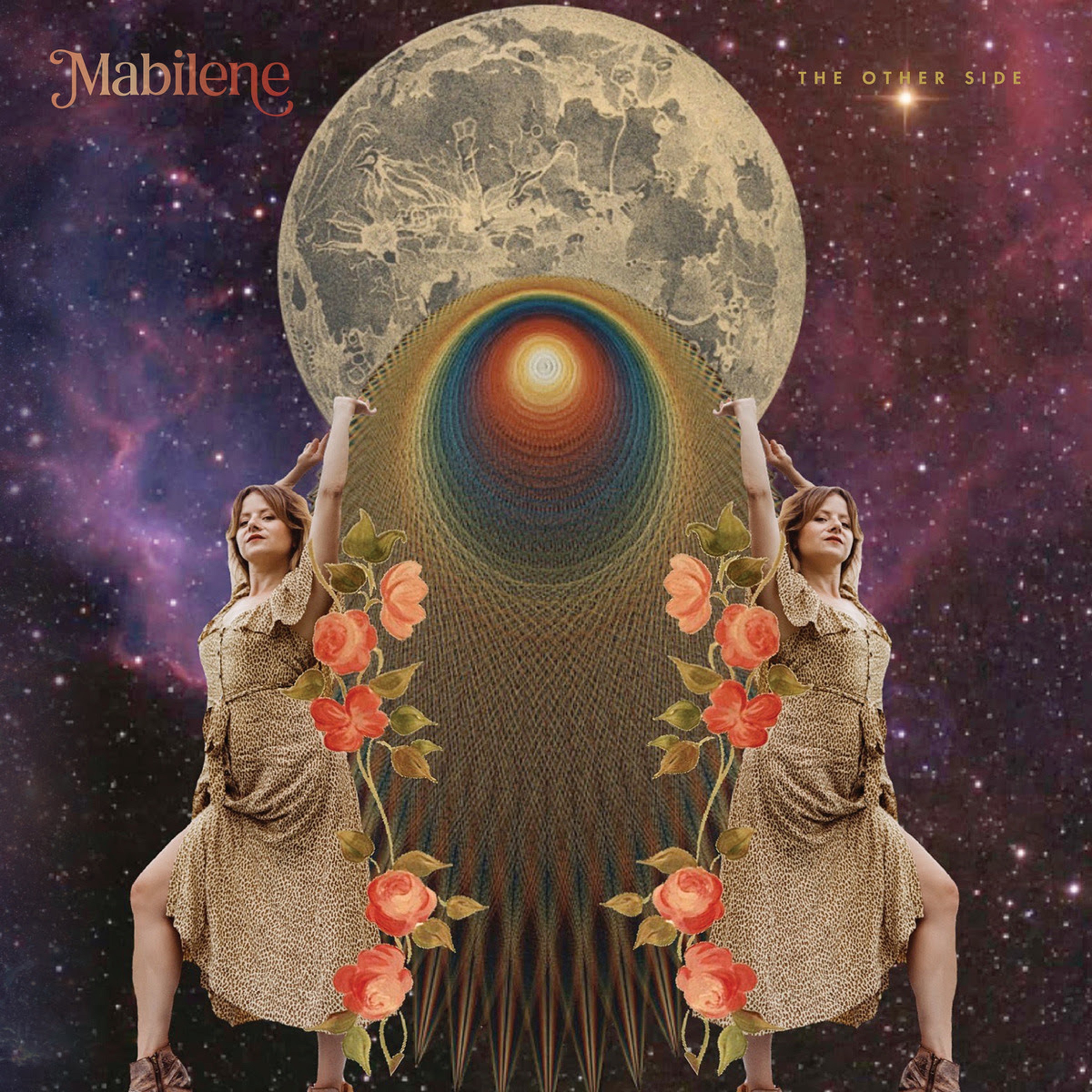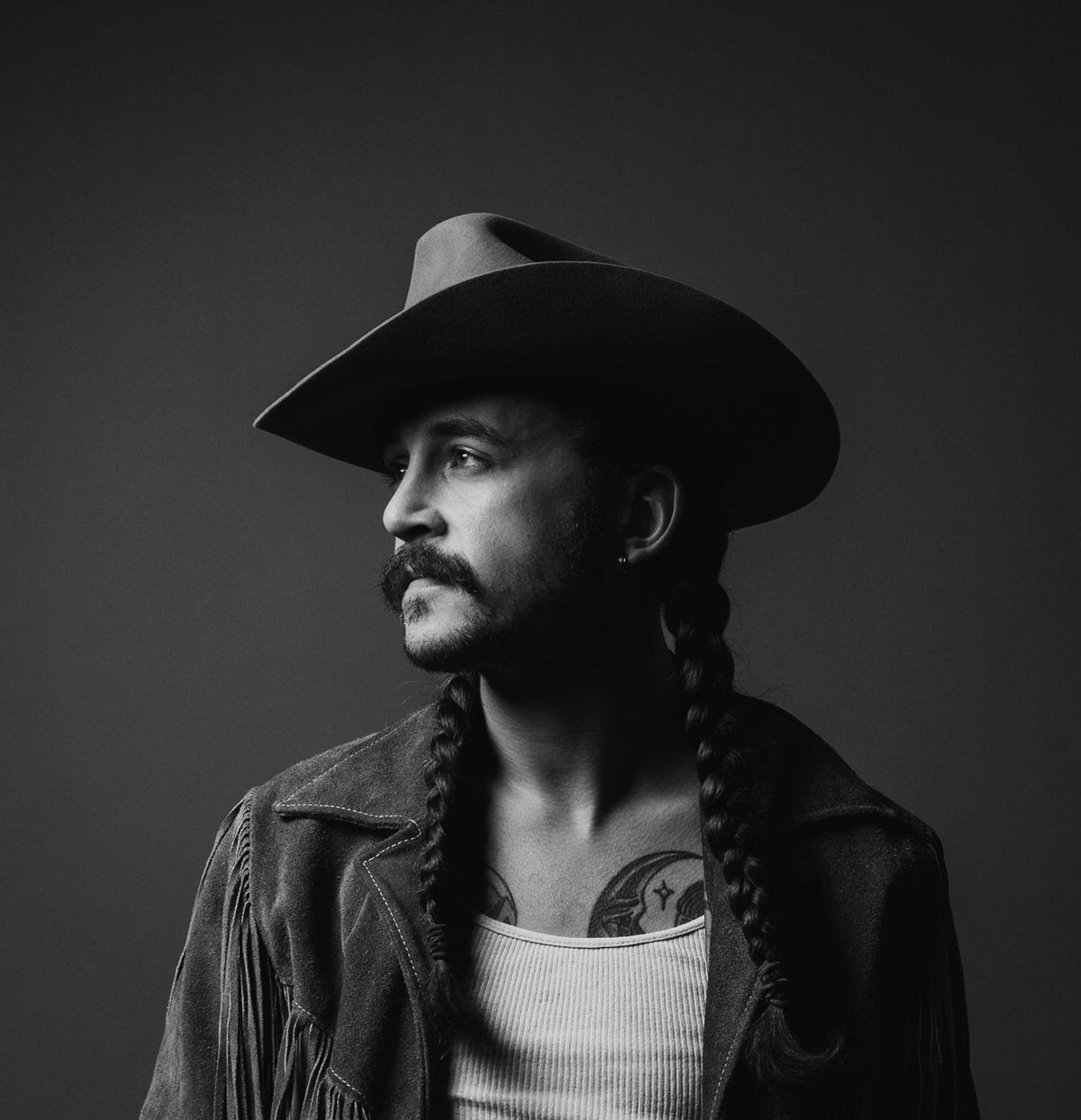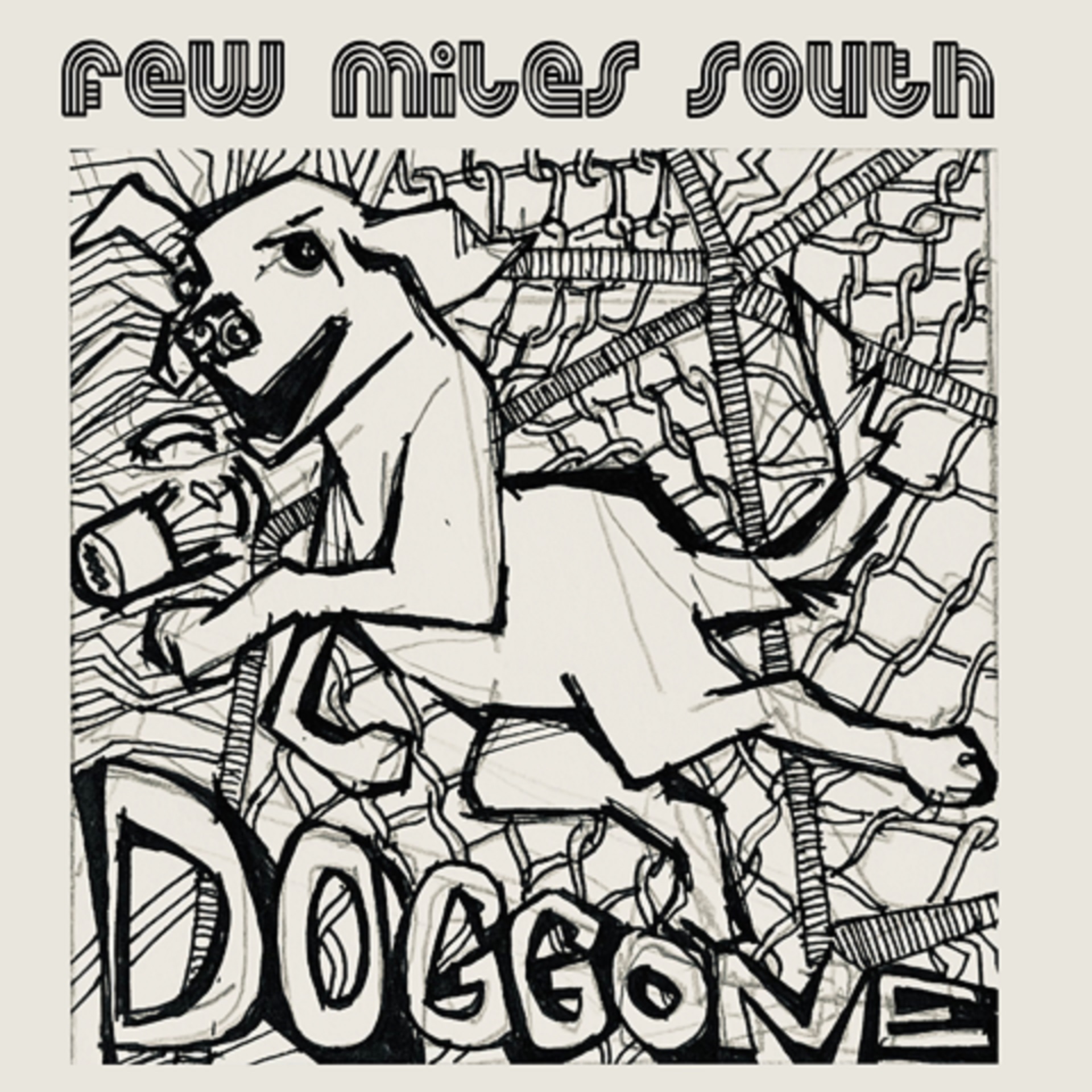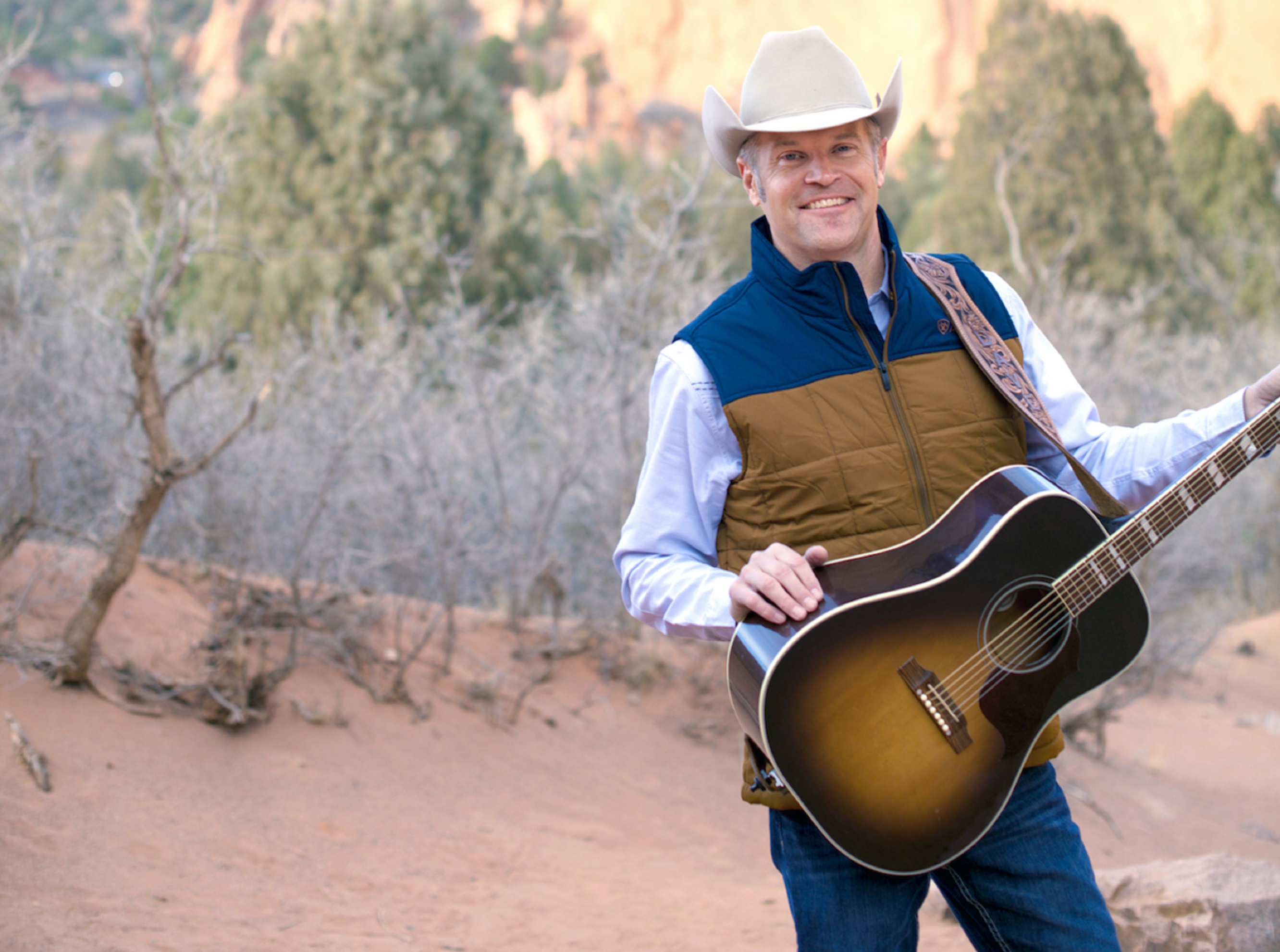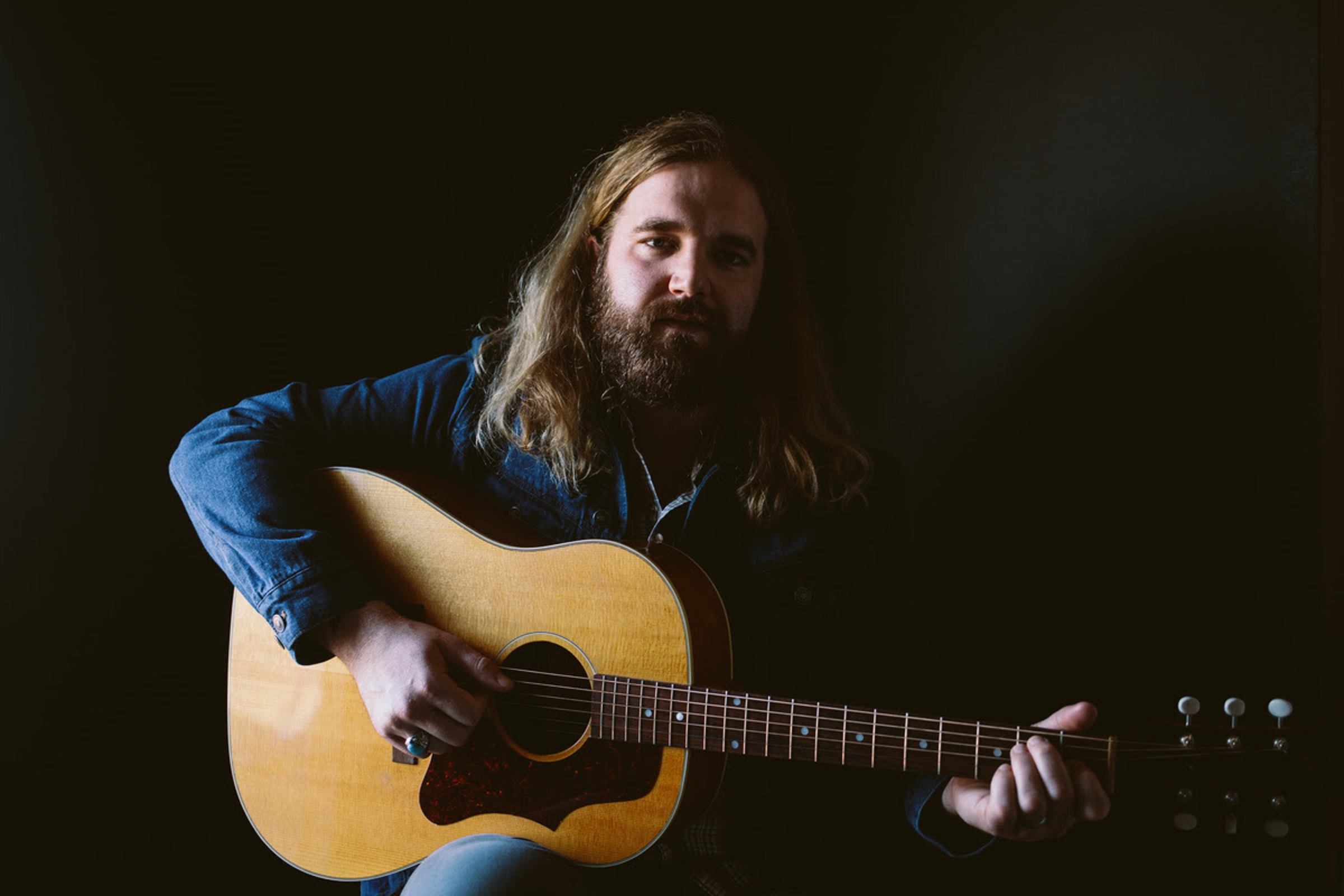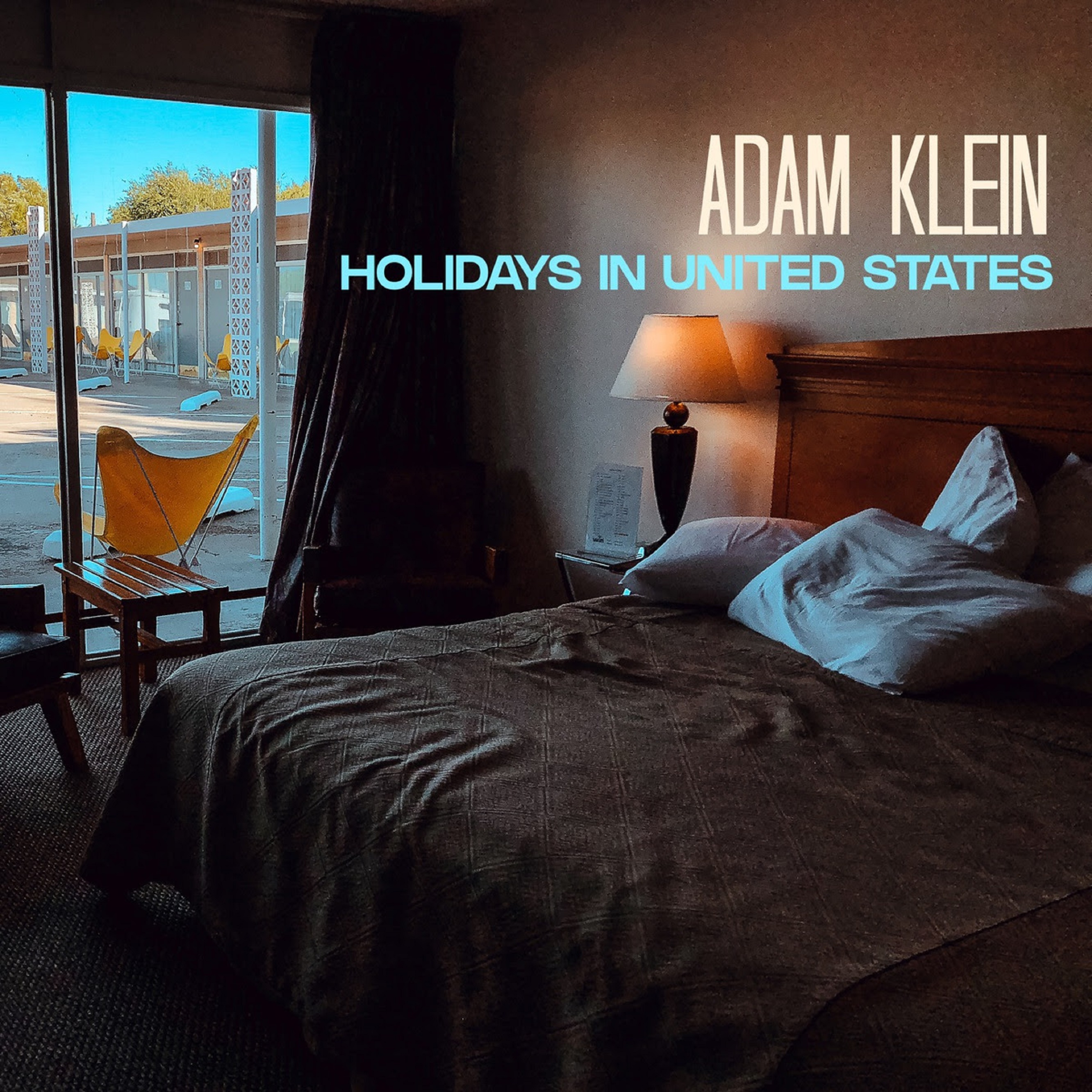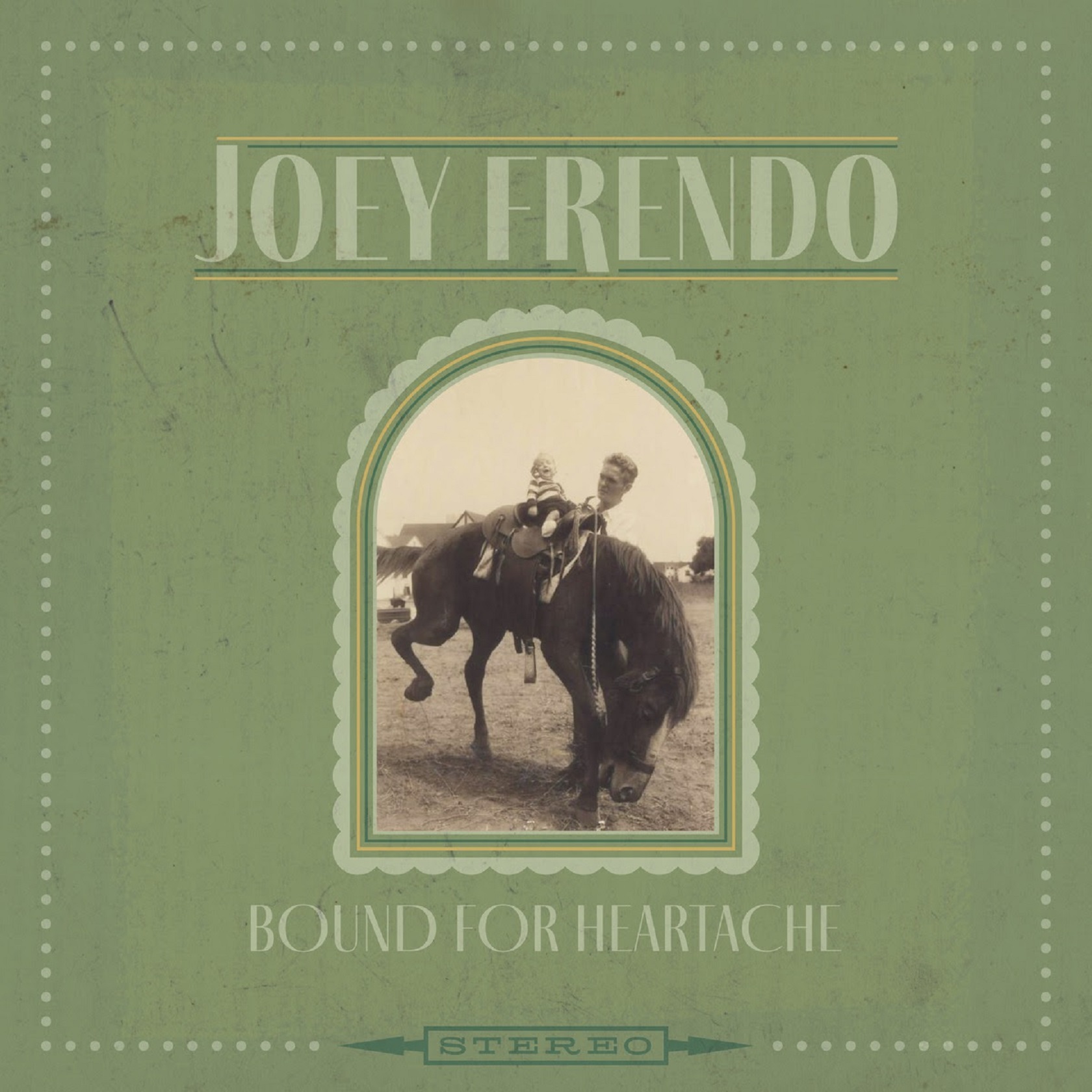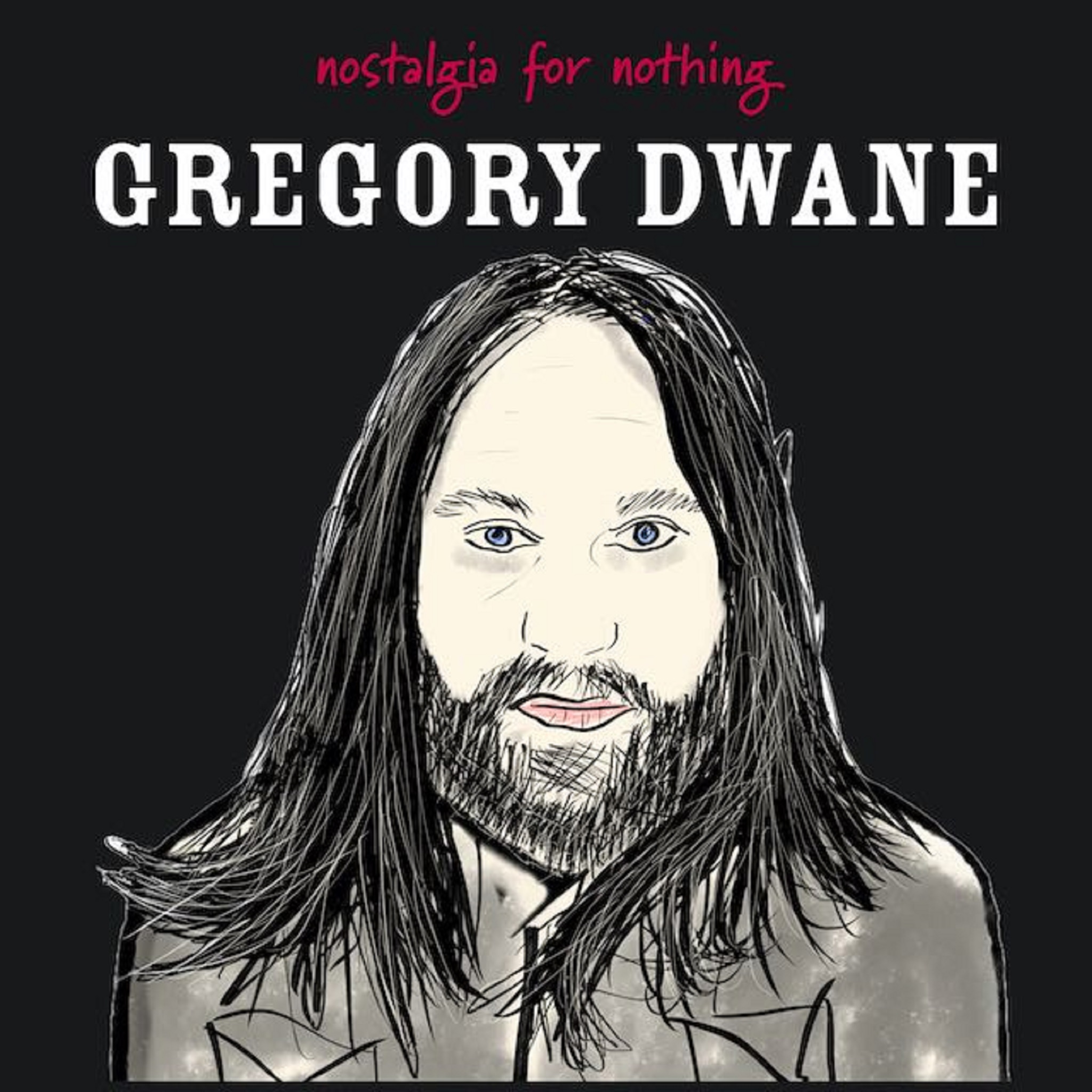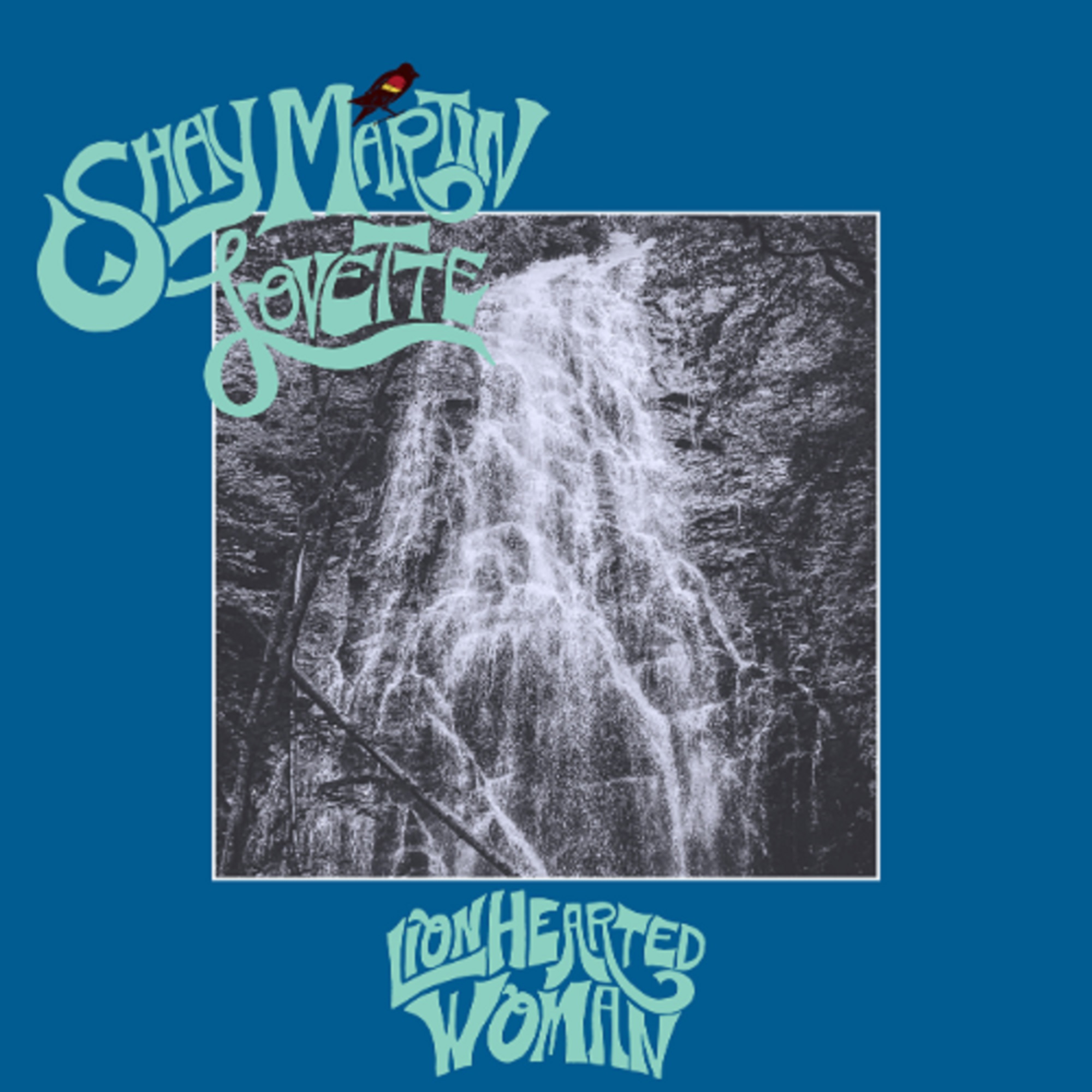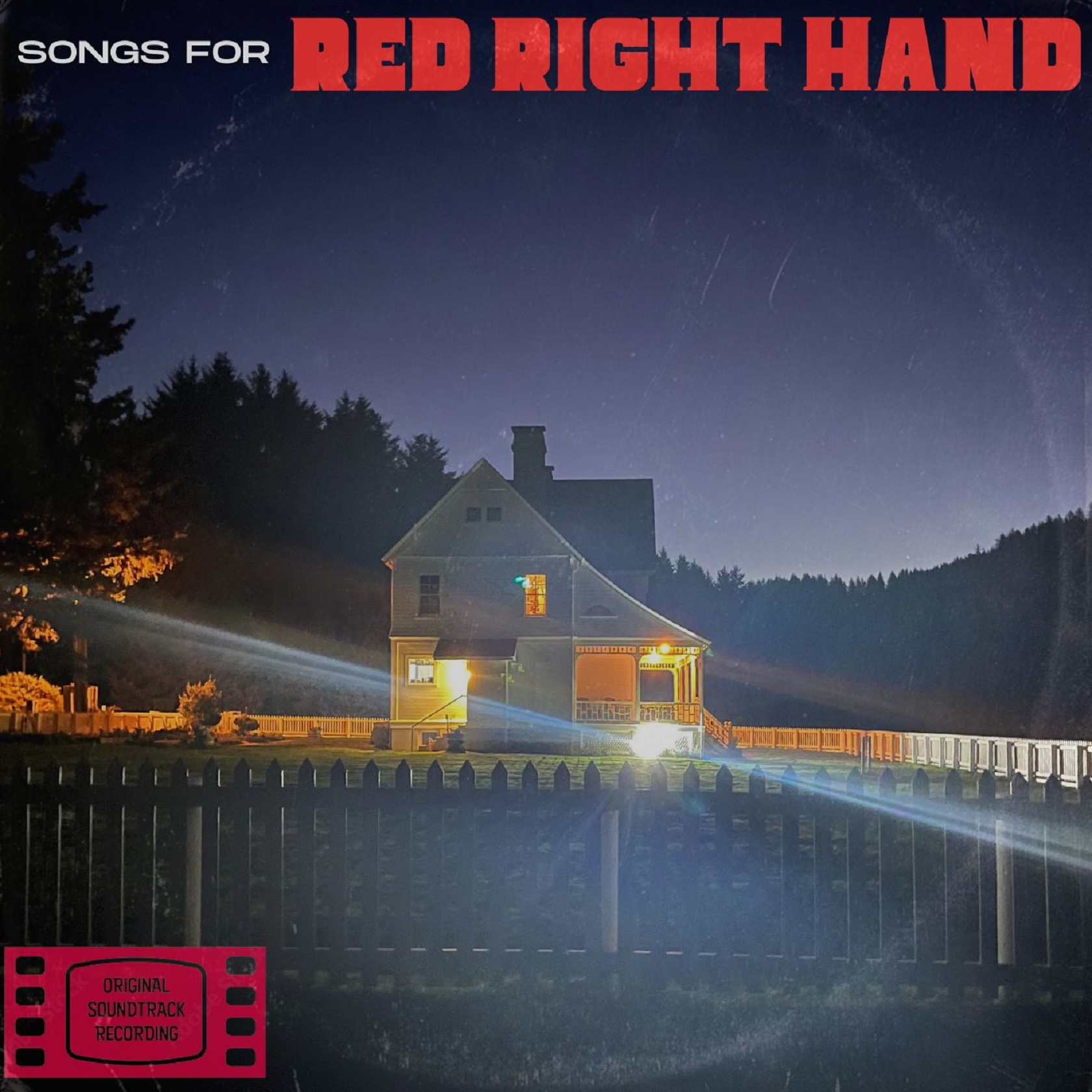Nashville’s The Danberrys are somehow both charmingly old-world and very much of this moment. The married couple’s rich pastoral blues and muscly folk evoke the big-hearted storytelling of pioneering giants like the Carter Family but could only come now, as a mixed offshoot of roots music’s ever-growing family tree.
In 2009, the two recorded singer/guitarist DeBerry DeBerry’s original material together on a whim, and The Danberrys were born. More than a decade later, six Independent Music Award nominations, including two nods for best Americana album and one for best EP, punctuate their résumé. Their 2016 LP Give & Receive earned serious acclaim, and the pair’s fourth album, Shine, sails past the high expectations that ensued. Produced by ace drummer Marco Giovino (Band of Joy, Patty Griffin, Buddy Miller) and executive produced by Brian Brinkerhoff, Shine captures the Danberrys’ fiercely guarded independence––and revels in it. Singer Daniel Daniel’s commanding voice roars low and high––an ideally nuanced partner for DeBerry’s subtly virtuosic guitar playing. For the first time in their career, the two co-wrote every song together, pulling in the help of a third songwriter on a handful of the tracks.
Their unforced creative approach is on triumphant display on Shine, the twelve-song collection reveals a pair of artists putting years of passionate study in bluegrass, blues, funk, folk, gospel, and pop to brilliant use: conversational stories and metaphorical sketches of the natural world rest on beds of complex bluesy folk. “I’ve always loved music that makes you guess what it’s about,” Daniel says. “We want our songs to be vague enough that they could be interpreted to mean different things.”
“We could spell it out,” DeBerry adds. “But we’re bored with the obvious.”
The title track kicks off the album with moody, guitar-punched swagger. Darkness sets the stage only to give way to the light Daniel and DeBerry refuse to stop seeking. “The song is a reminder––a daily mantra,” Daniel says. “How do you get through today and continue to grow and let go of all the things from your past that want to keep you down and keep you from being who you really are in the world?” Beginning with only Daniel’s voice, which is soon joined by DeBerry’s somber electric guitar, “The Mountain” addresses similar life-affirming themes. The incomparable Darrell Scott adds backing vocals to the track, which grooves as it soars.
A preternaturally gifted singer, Daniel first performed on her hometown church stage––after her parents combatted her severe stage fright with gentle reminders that everyone would just “be so disappointed” if she didn’t get up to sing. Up the road in Dickson, DeBerry picked up the guitar at 10 and never put it down.
DeBerry and Daniel began dating in high school and didn’t break up until two years into college. Right before the two parted ways, DeBerry gave Daniel a guitar and taught her a handful of chords and songs. “I was left with a broken heart, a guitar, and three chords,” Daniel says, then laughs. “So I just started writing––mostly sad songs about Ben.”
Five years later, the two ran into each other in their college town of Cookeville, Tennessee. Four months after that, they were married. The two moved to East Nashville, where DeBerry––who had been performing locally for years––became a regular at the now-iconic Wednesday-night bluegrass jams at The 5 Spot. “I immersed myself in playing, and I just started writing one day,” DeBerry remembers. “Dorothy said, ‘Those songs are cool––we have to record them!’”
“Holding the Bag” mixes sorrow and masterful storytelling, pulling listeners into an unnamed character’s heartbreaking perspective. Daniel has a habit of diving into her stories and the people in them. “Please forgive me, I’m a selfish man,” she sings on the heavy “Never Gone”. The two wrote the song about a friend’s father who battled chronic illness and chose to say goodbye on his own terms as much as possible, breaking the hearts of his daughters and wife in the process. Haunting “Francis” is another compelling experimentation with perspective and narrative.
While sadness and longing course through the entire record, bright-eyed positivity is never far away. “Love Conquers War” offers timely wisdom, while “Coals Glow” shares a story of stubborn light. Album closer “Rain” features the duo singing in unison, and once again, what begins as embattled pleading and worry unfolds into faith and unity.
“The River is Wide” is a stunner with classic bones and modern candor. Daniel got the idea for the song after a vision she experienced while meditating, a practice she’s employed to re-center and heal for years. Building from a subdued reflection over strings to a heart-pounding, tambourine-led chant, the song lays bare the mental and emotional chains trauma leaves behind, which engulf survivors in feelings of self-doubt and insignificance. “My childhood is scarred by severe physical and psychological trauma, and I was enslaved to the things that happened to me when I was little,” Daniel says. “I hadn’t really been able to live my life––suffered from stage fright, zero self-confidence, and self-hatred. I had to reach for something way bigger than I am to get out of that. I had to keep on walking.” With strength and vulnerability, the track epitomizes the entire album’s tender balance of hard times and hope.
Taken all together, the songs on Shine prove that the Danberrys see music as part of a bigger purpose. “My goal in life is to figure out what we are doing here. Why are we here?” Daniel says. “There are a lot of reasons to feel helpless, pointless, and irrelevant in this world. I want people to feel hope when they listen to our music. That’s the reason we do it.”







